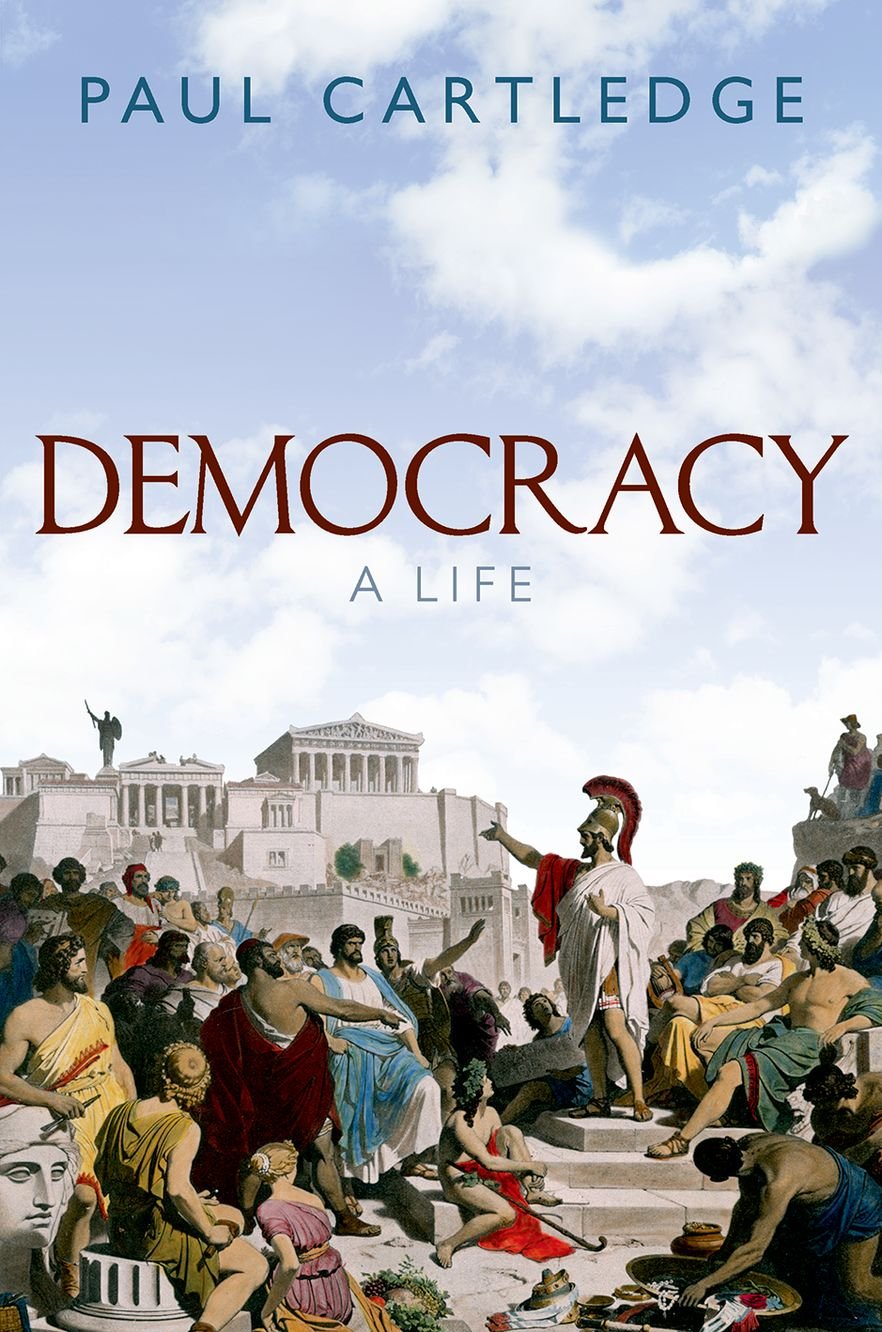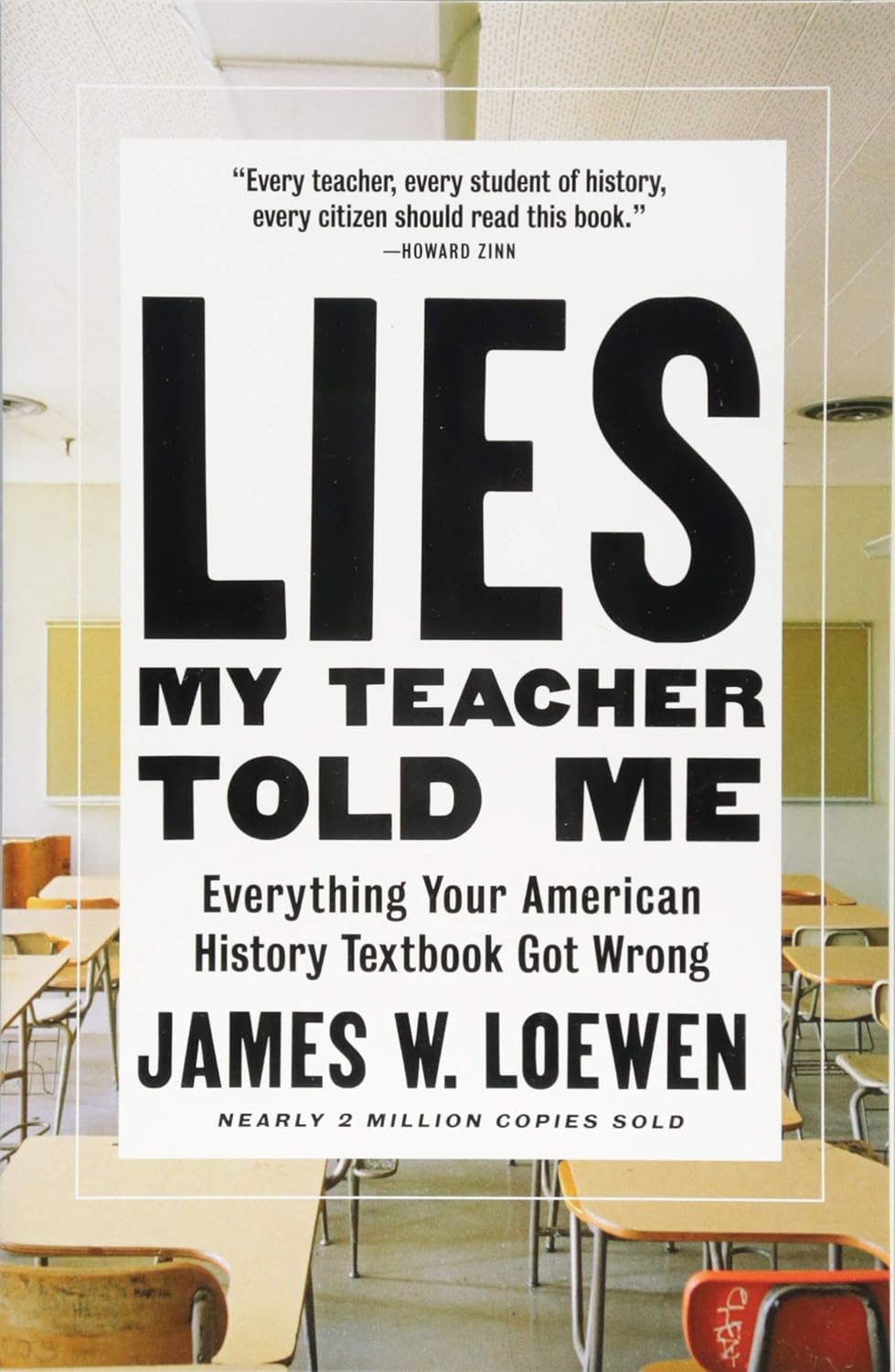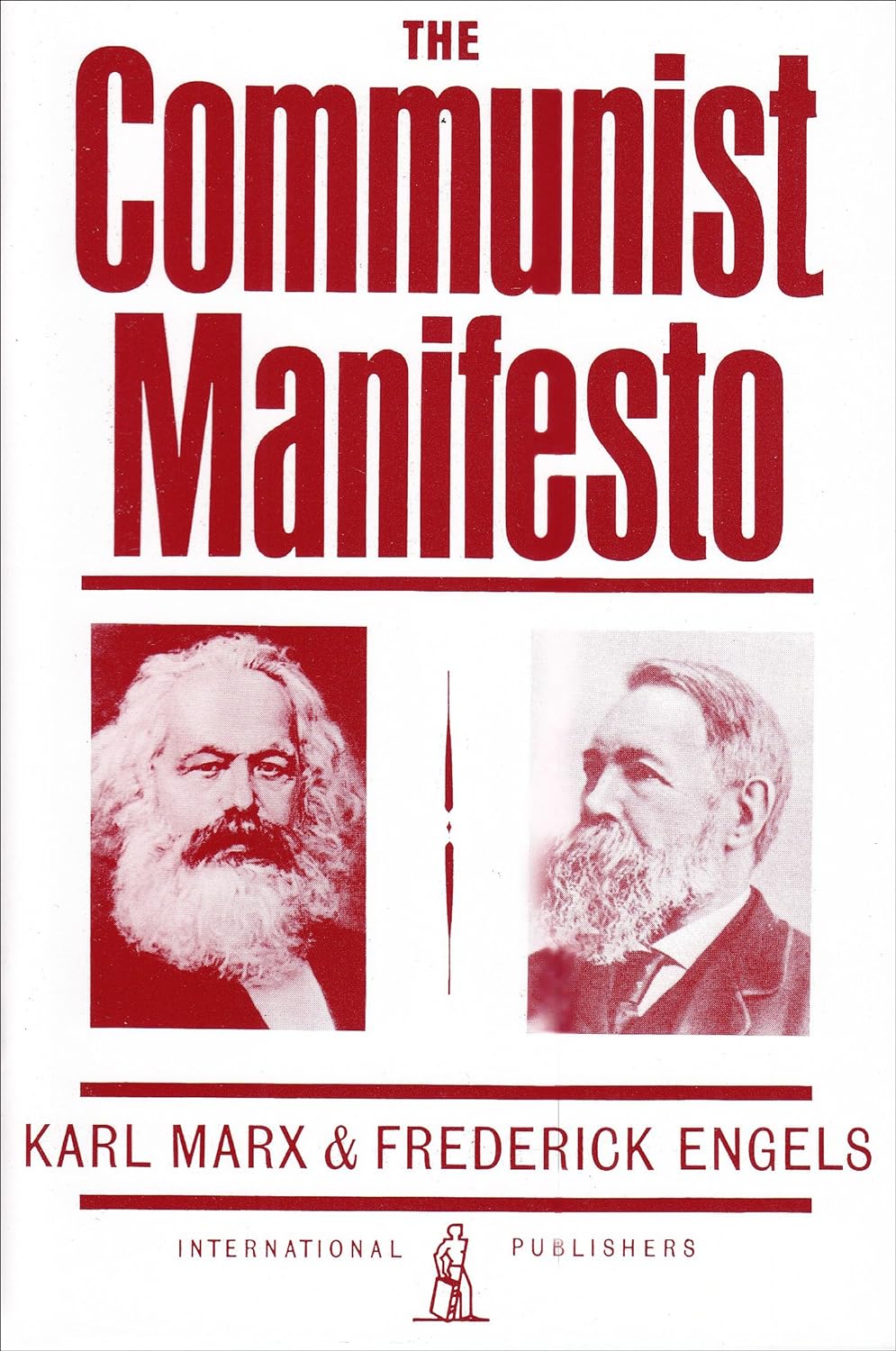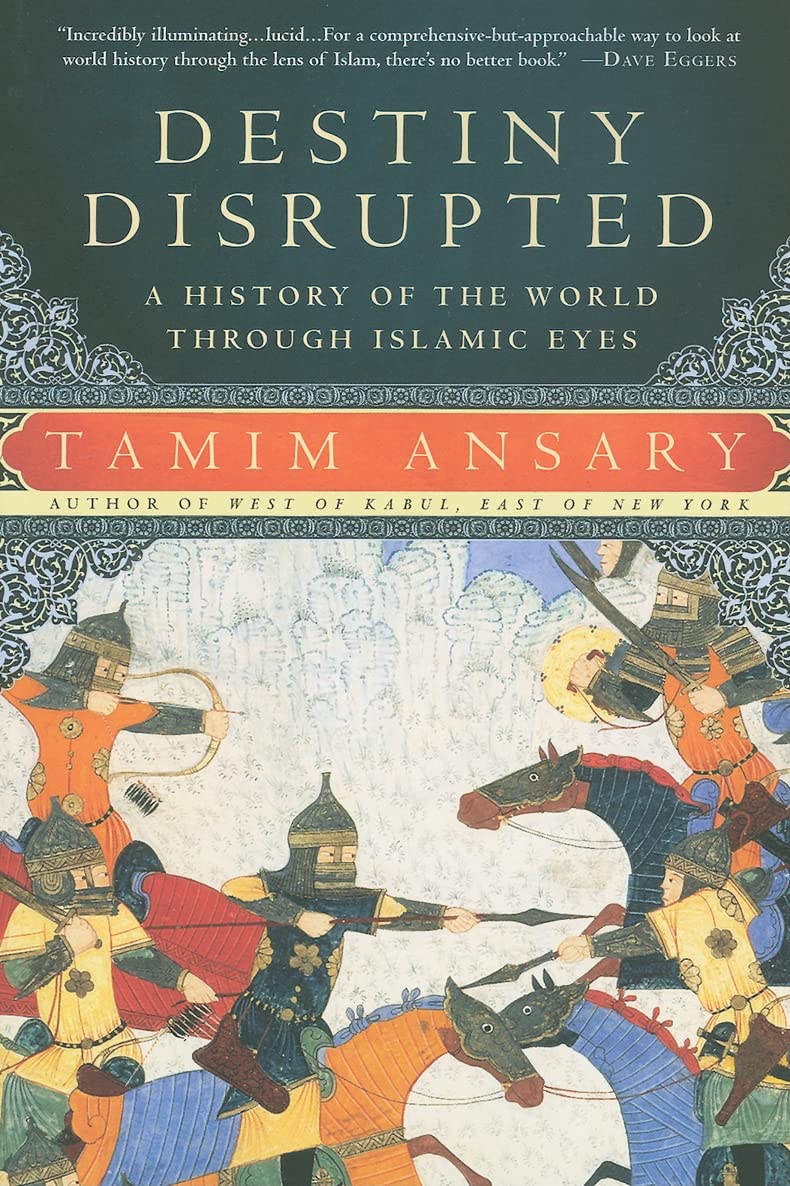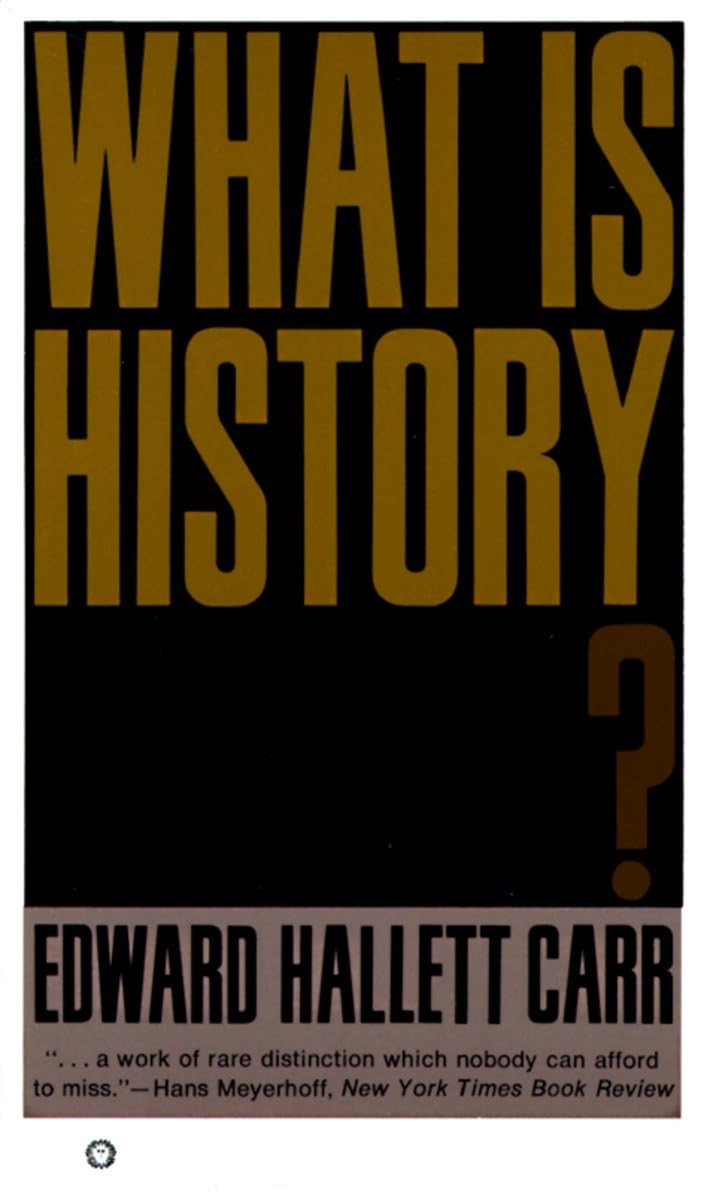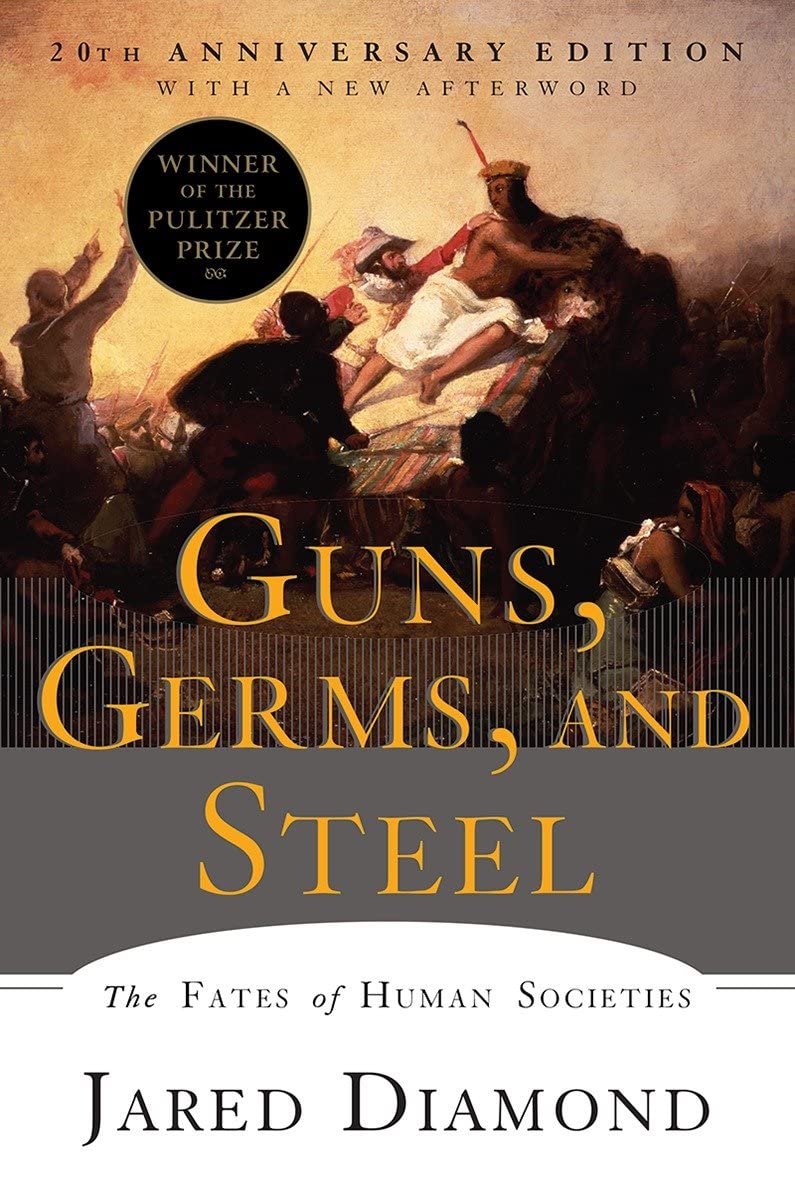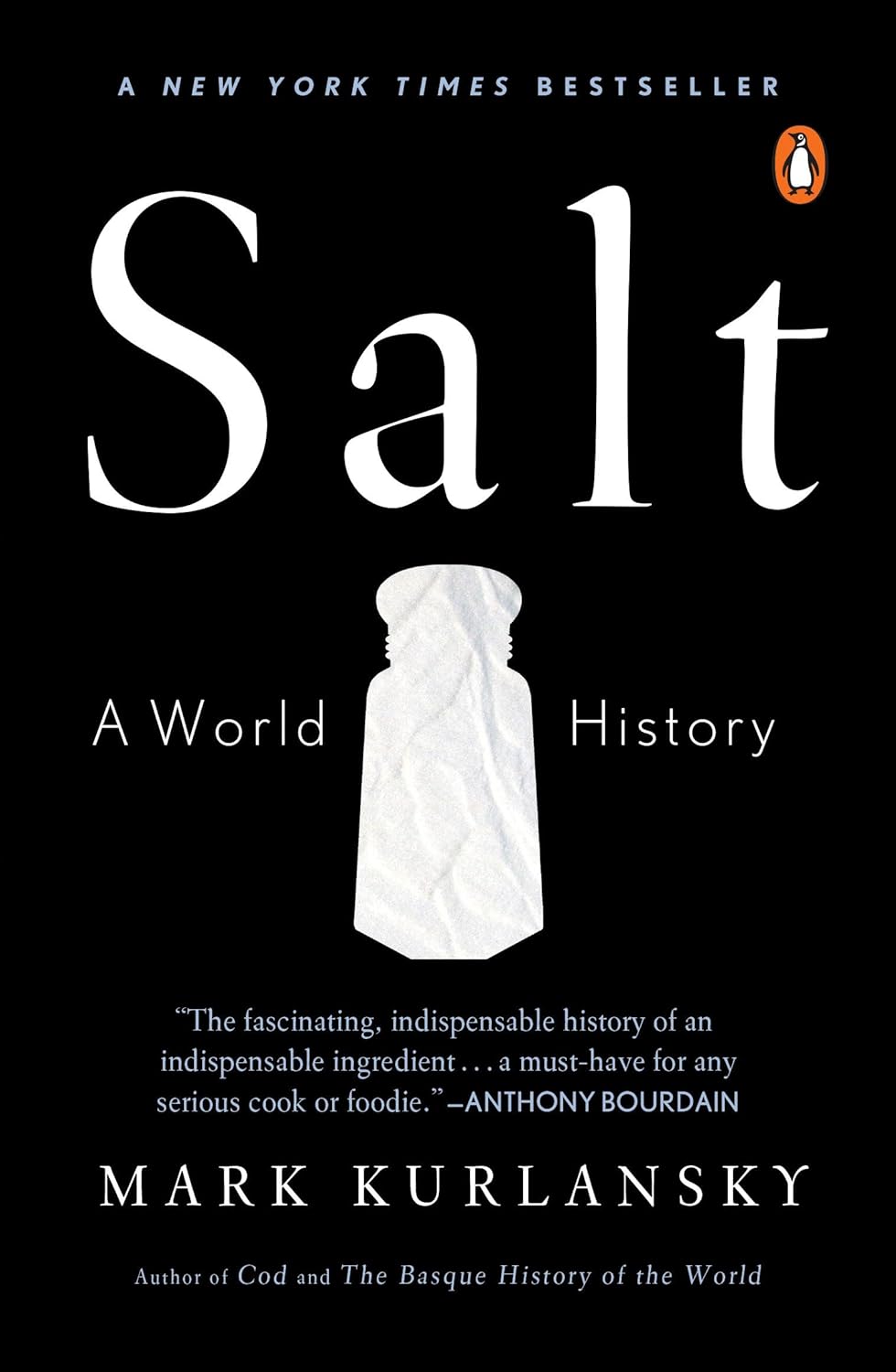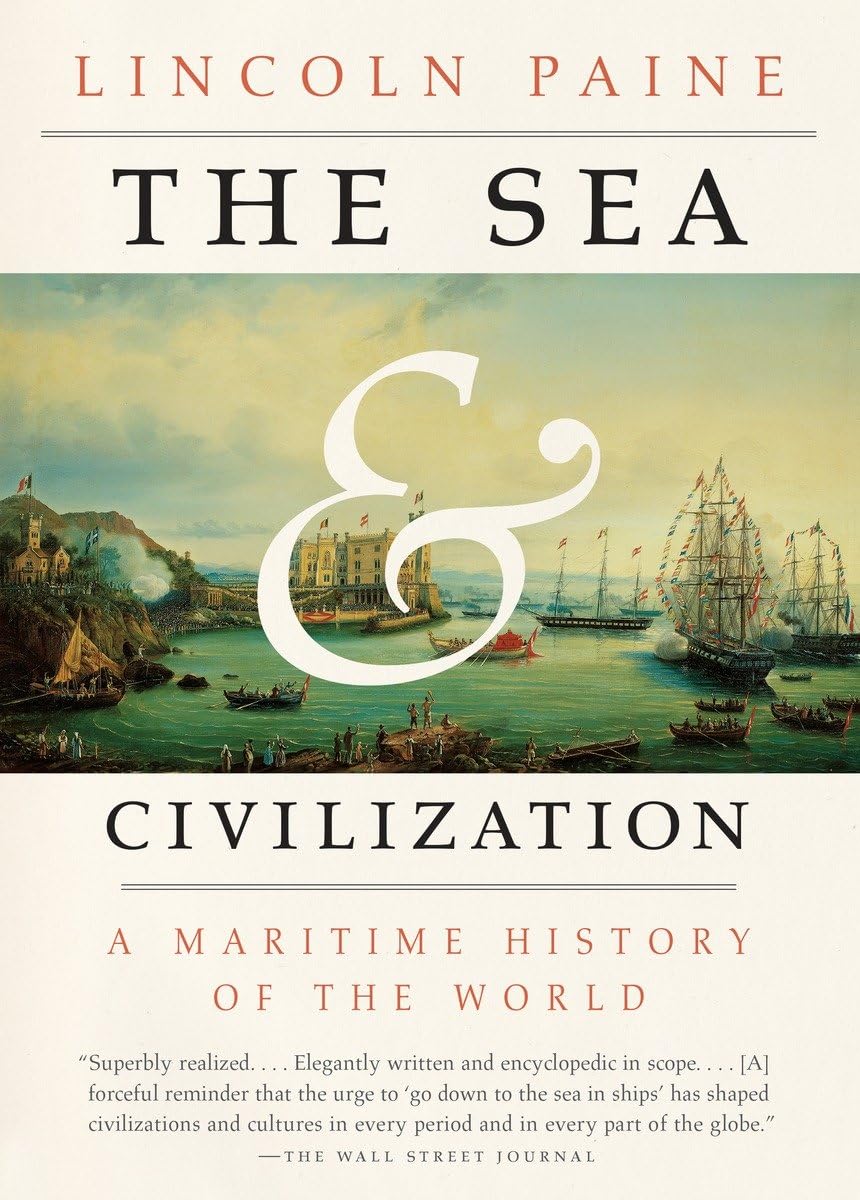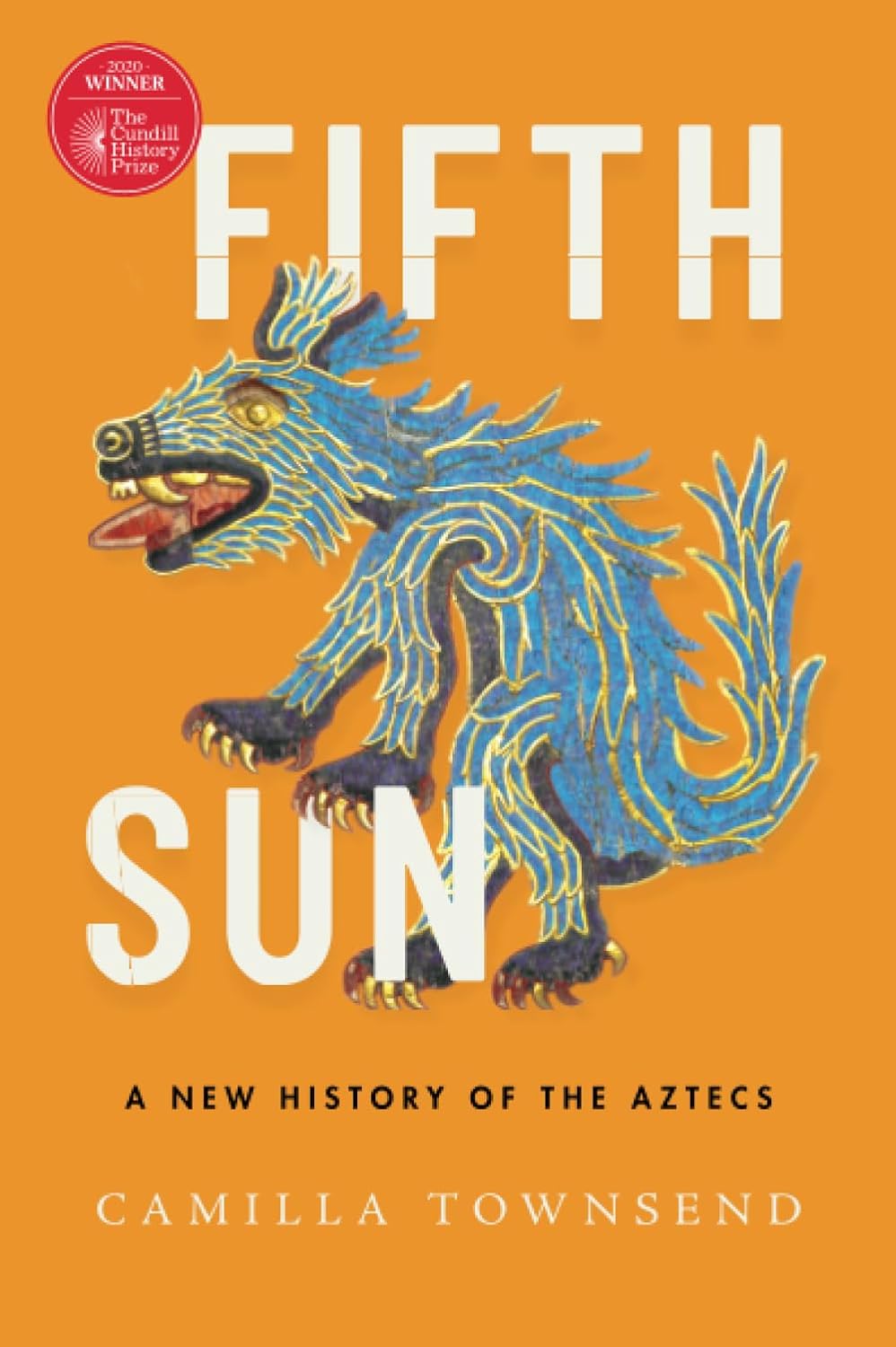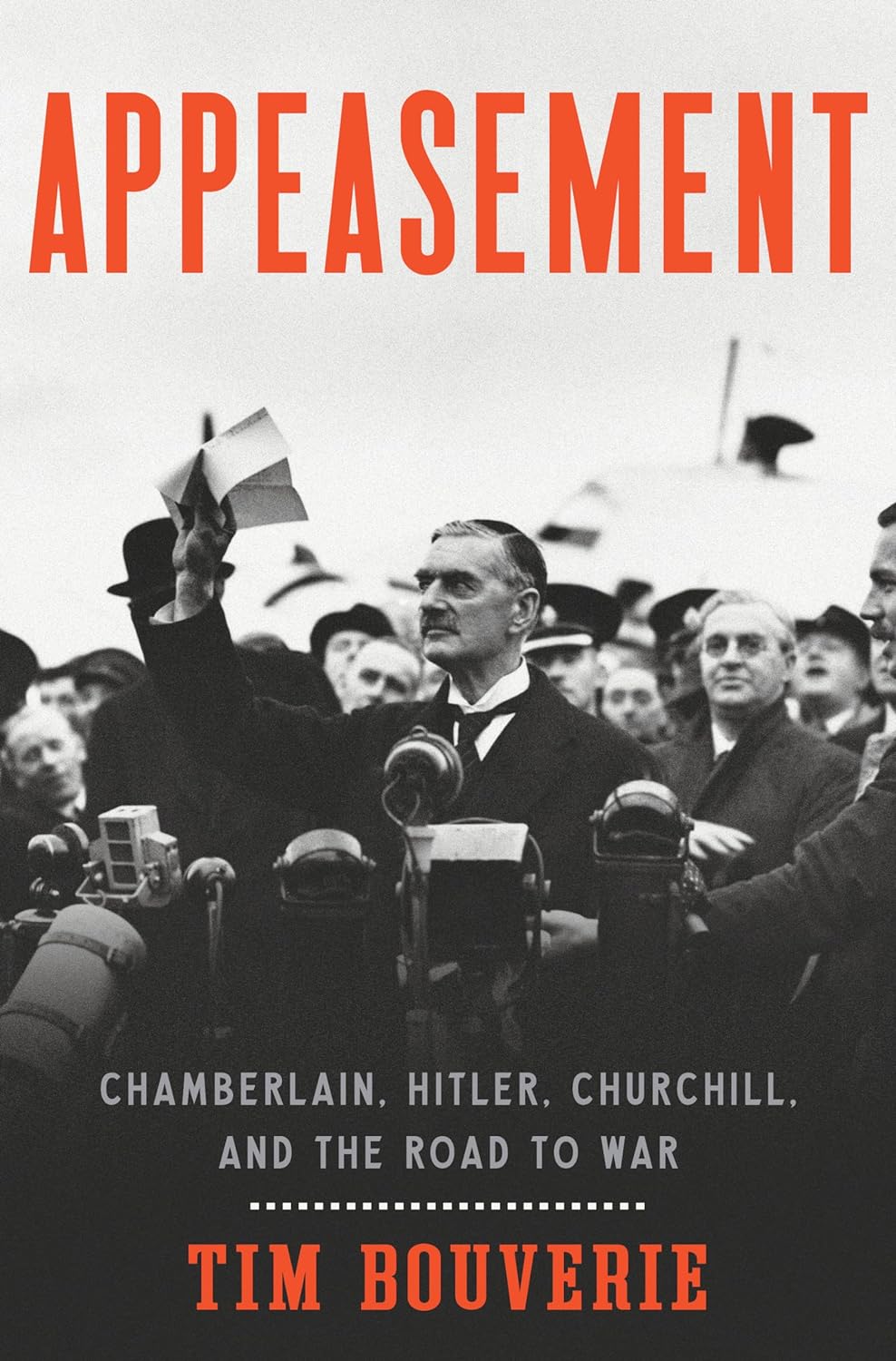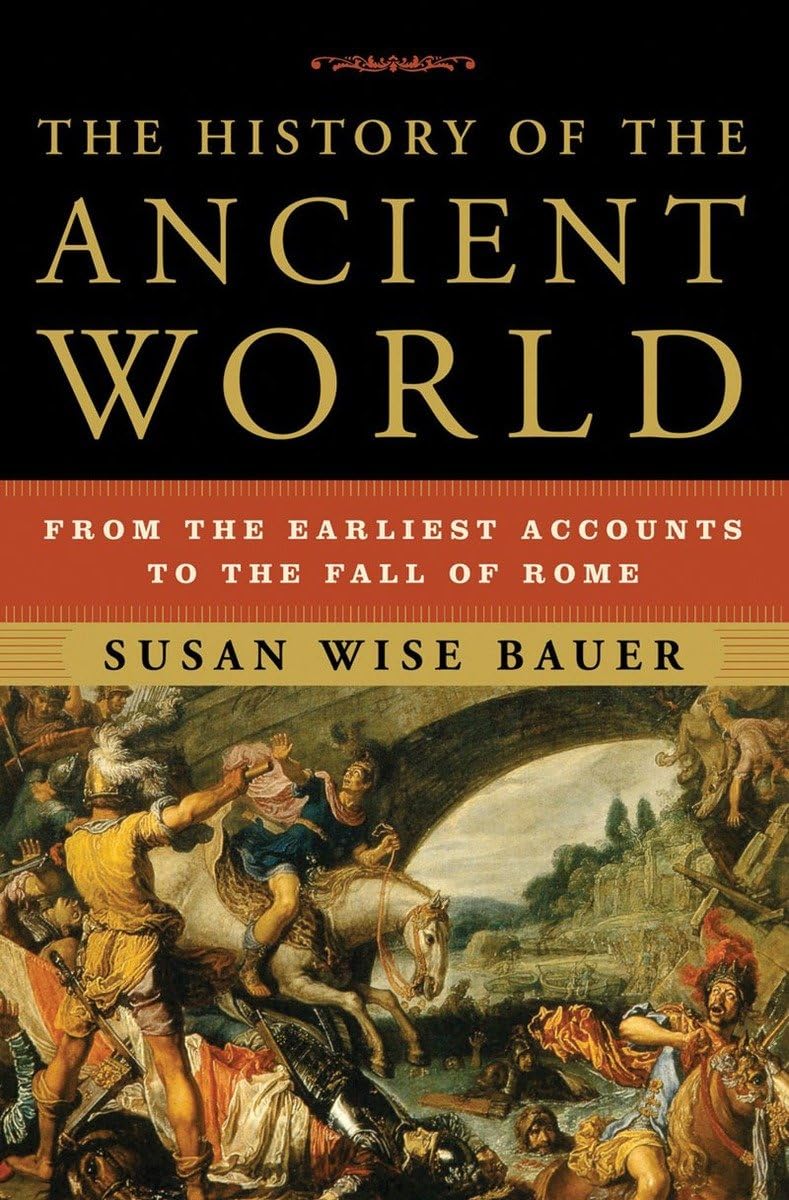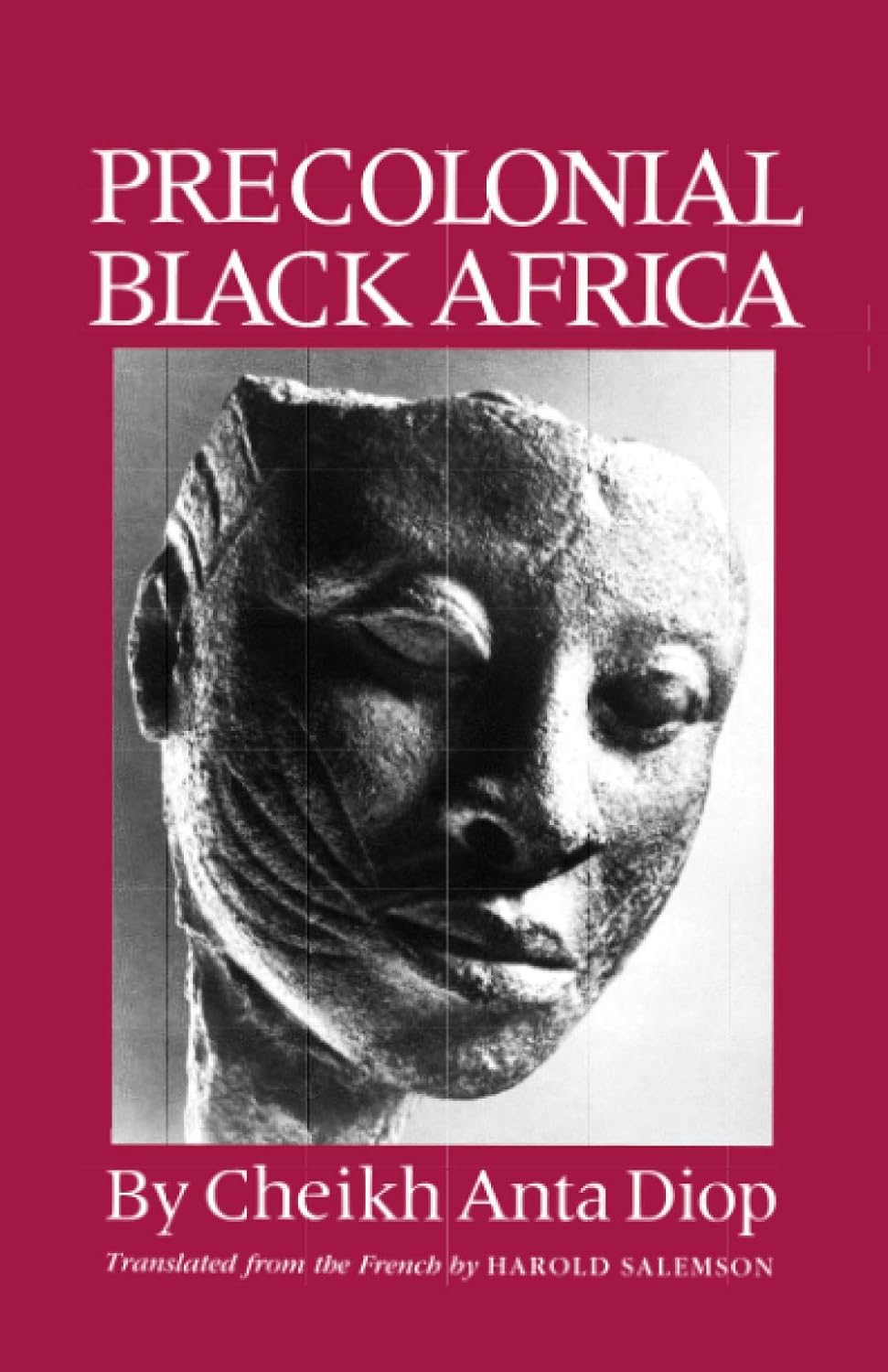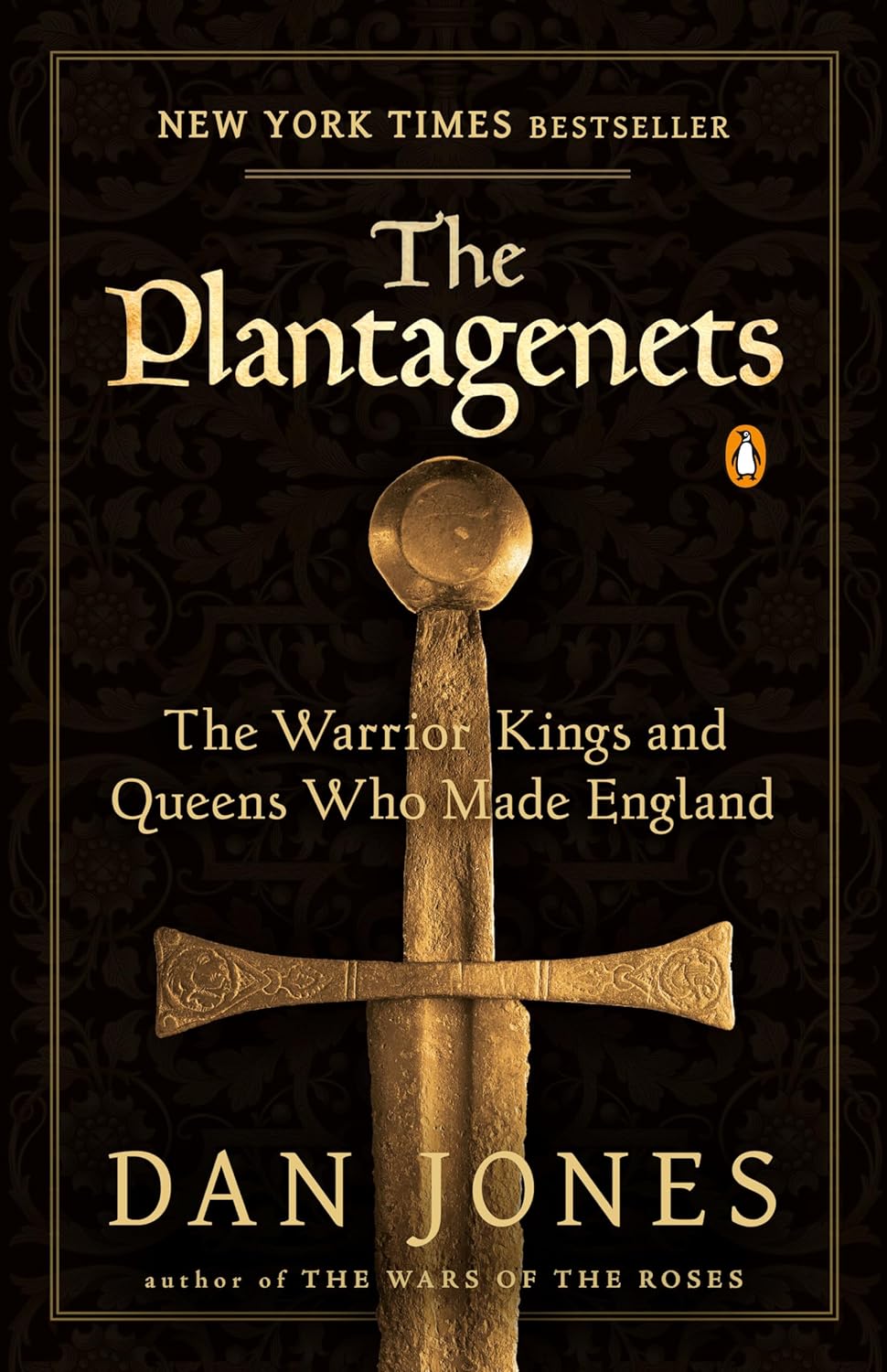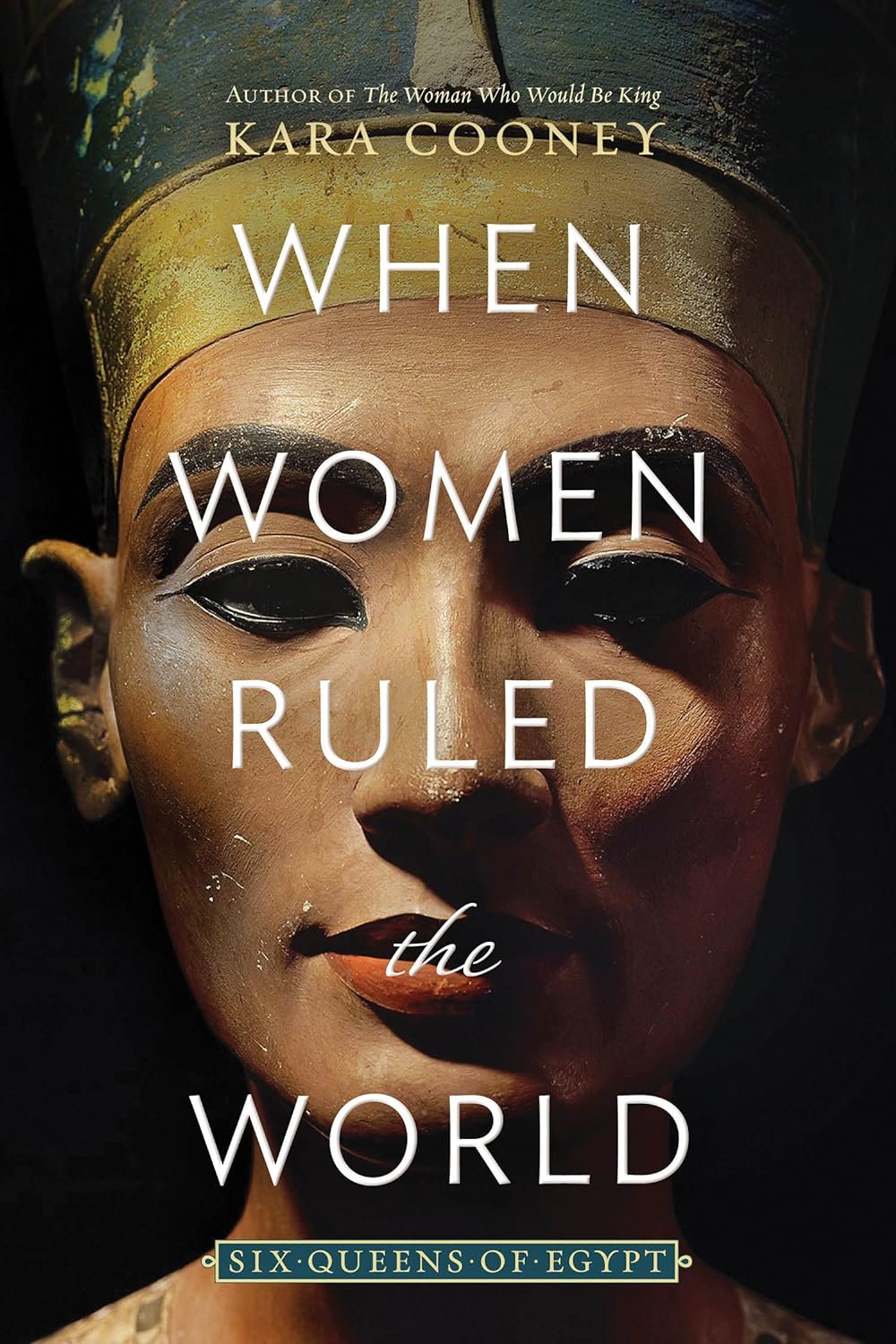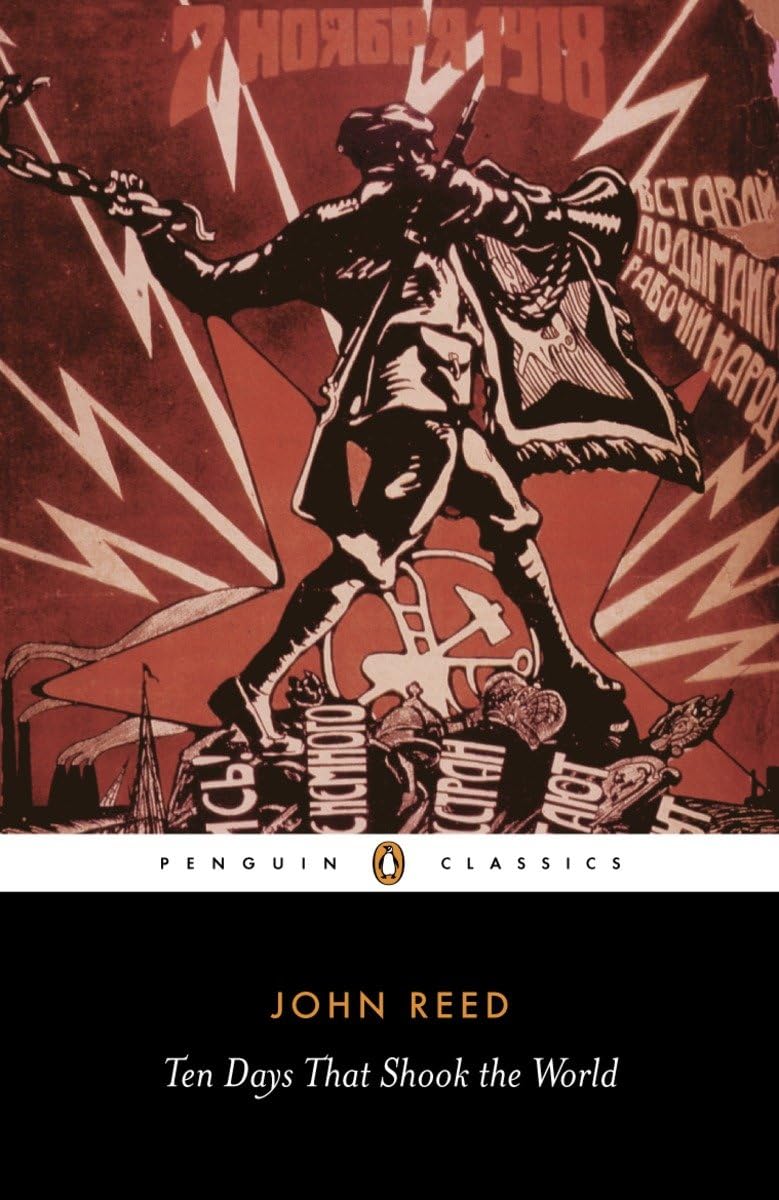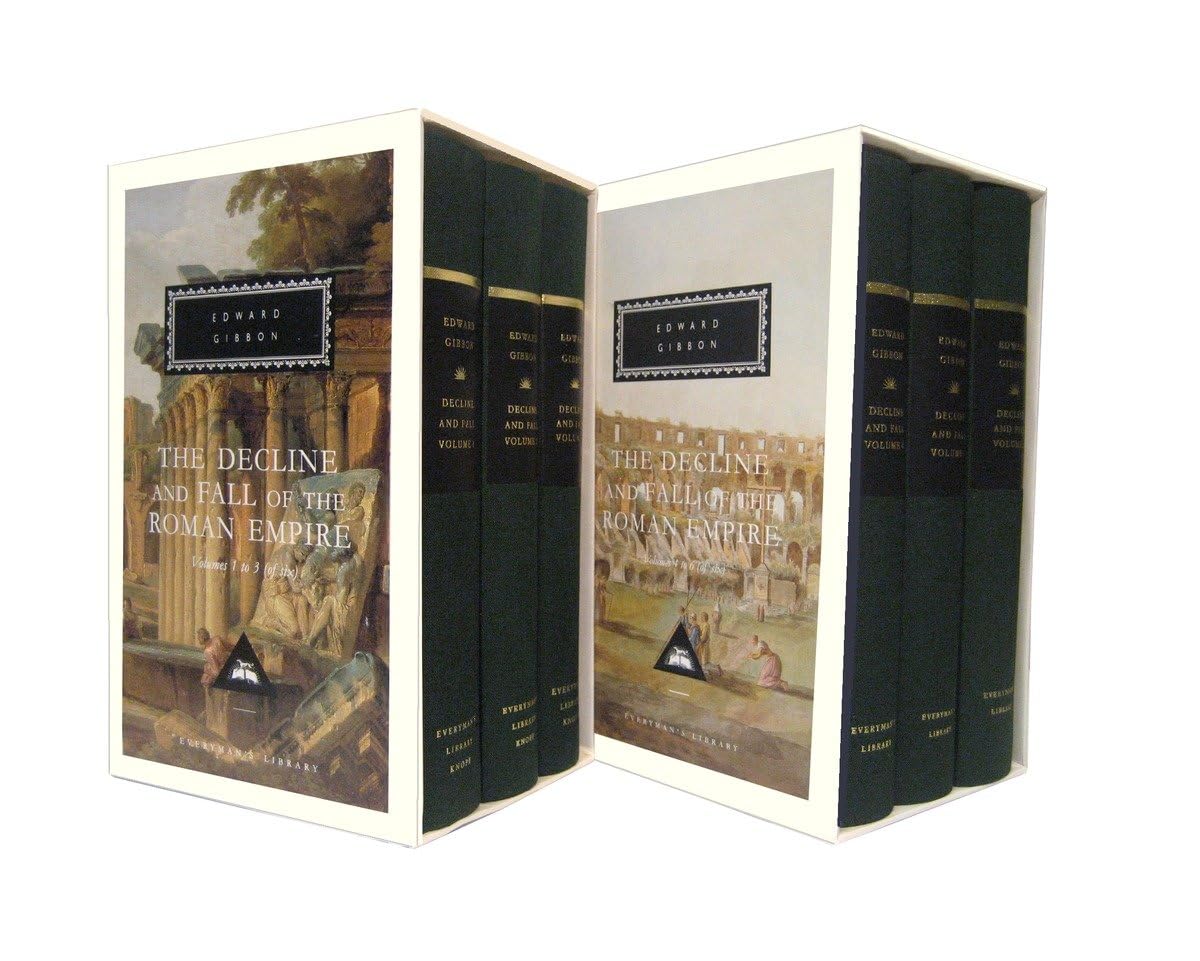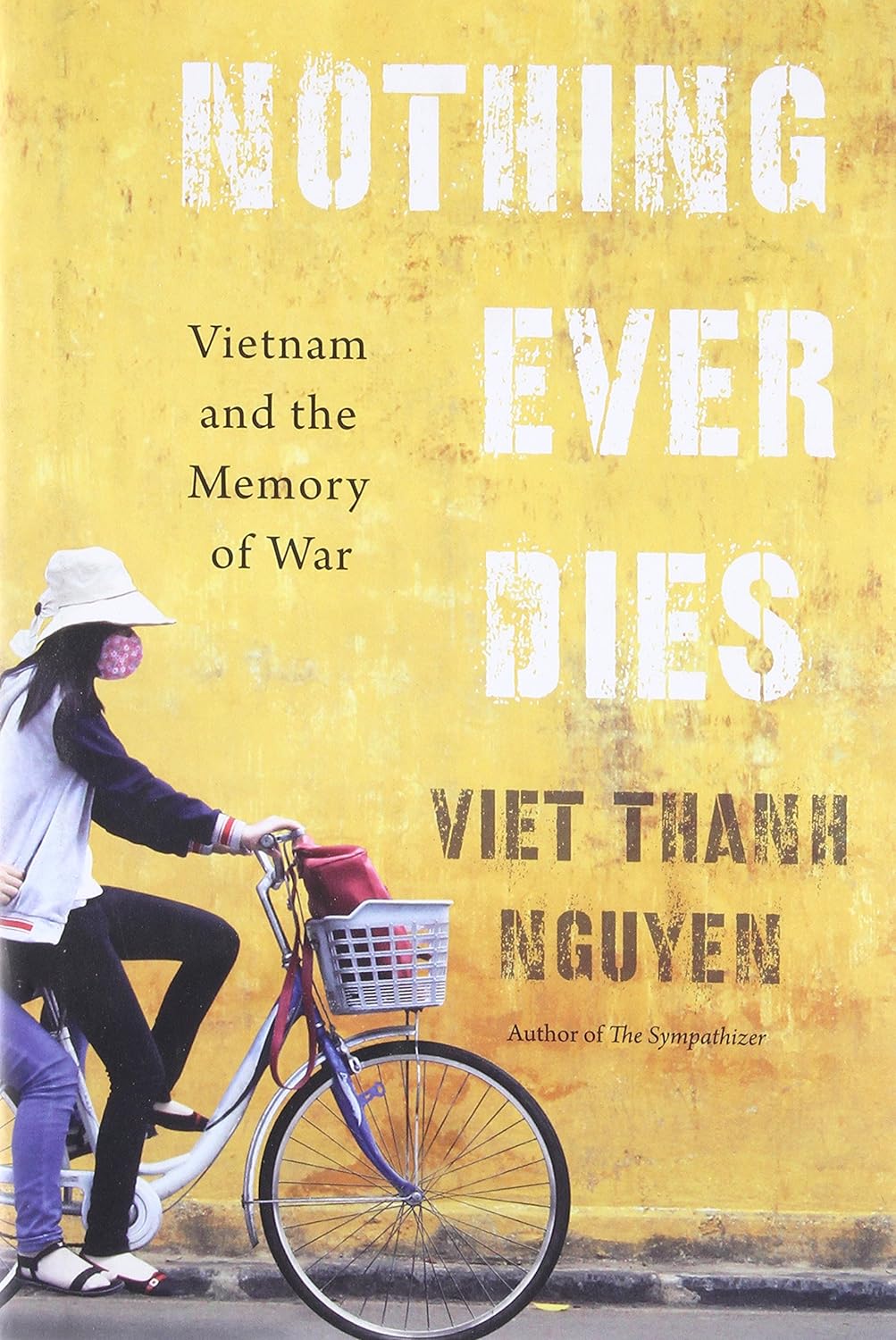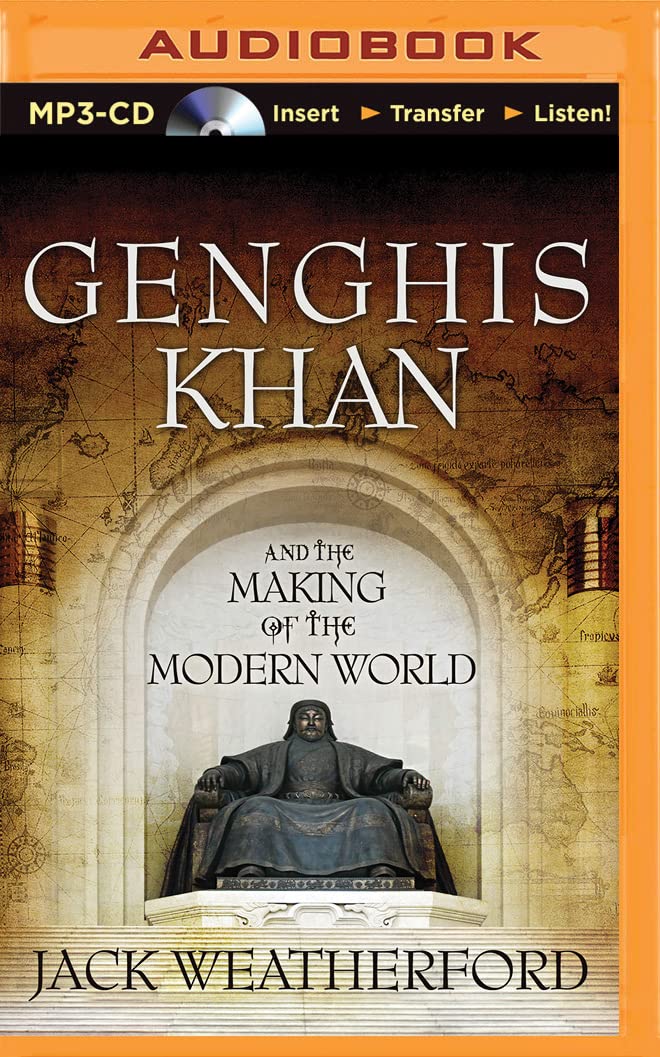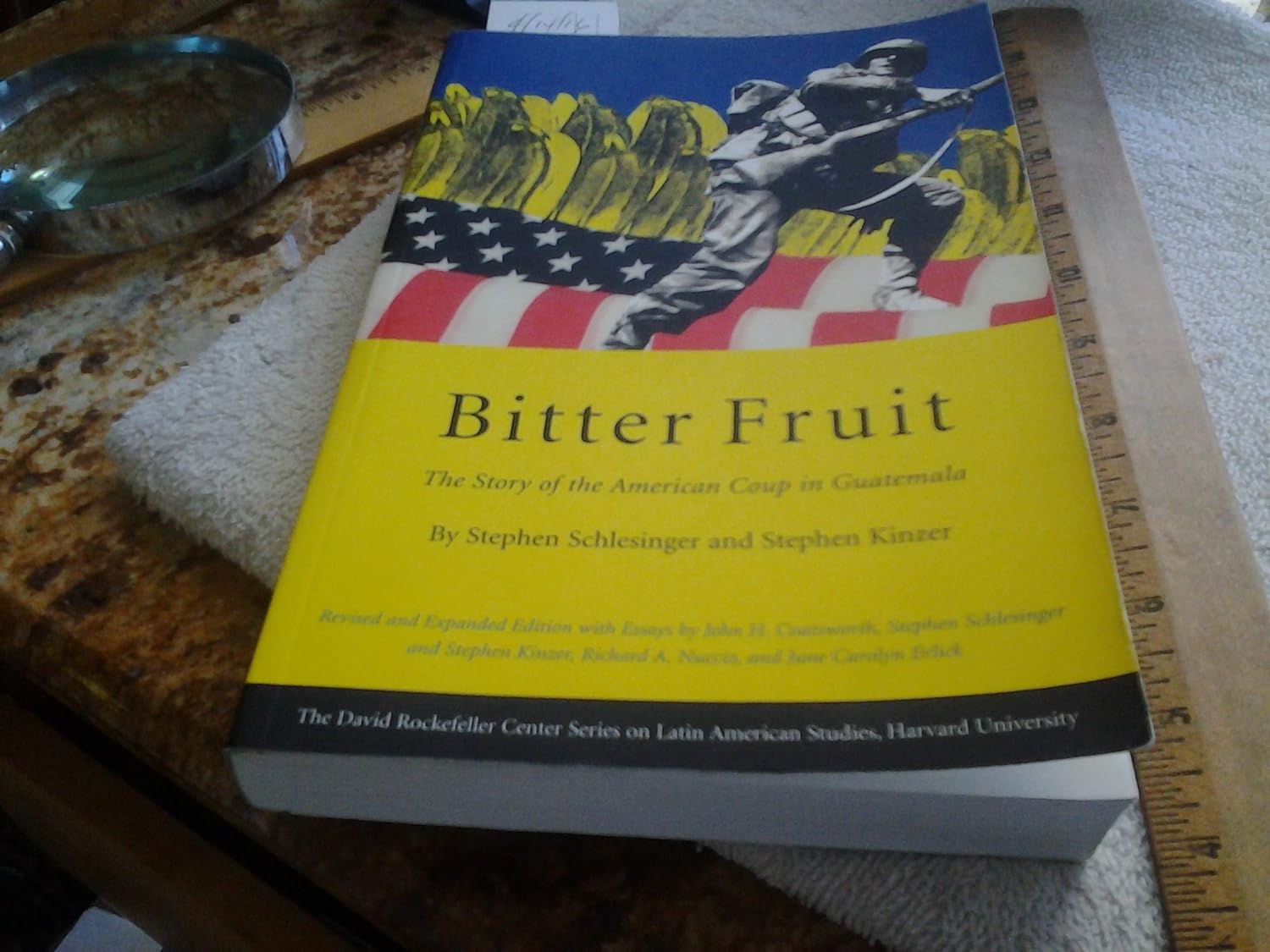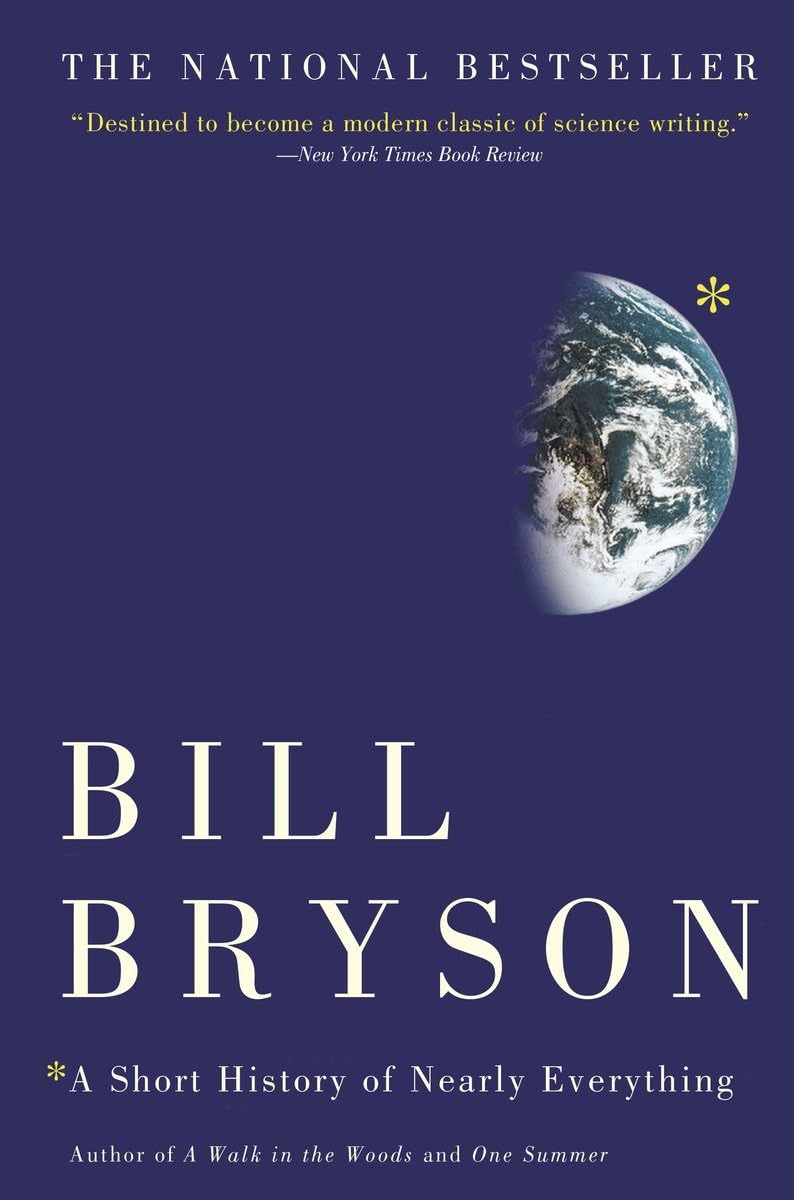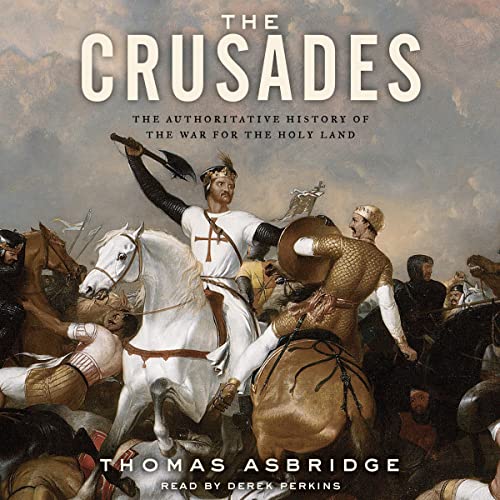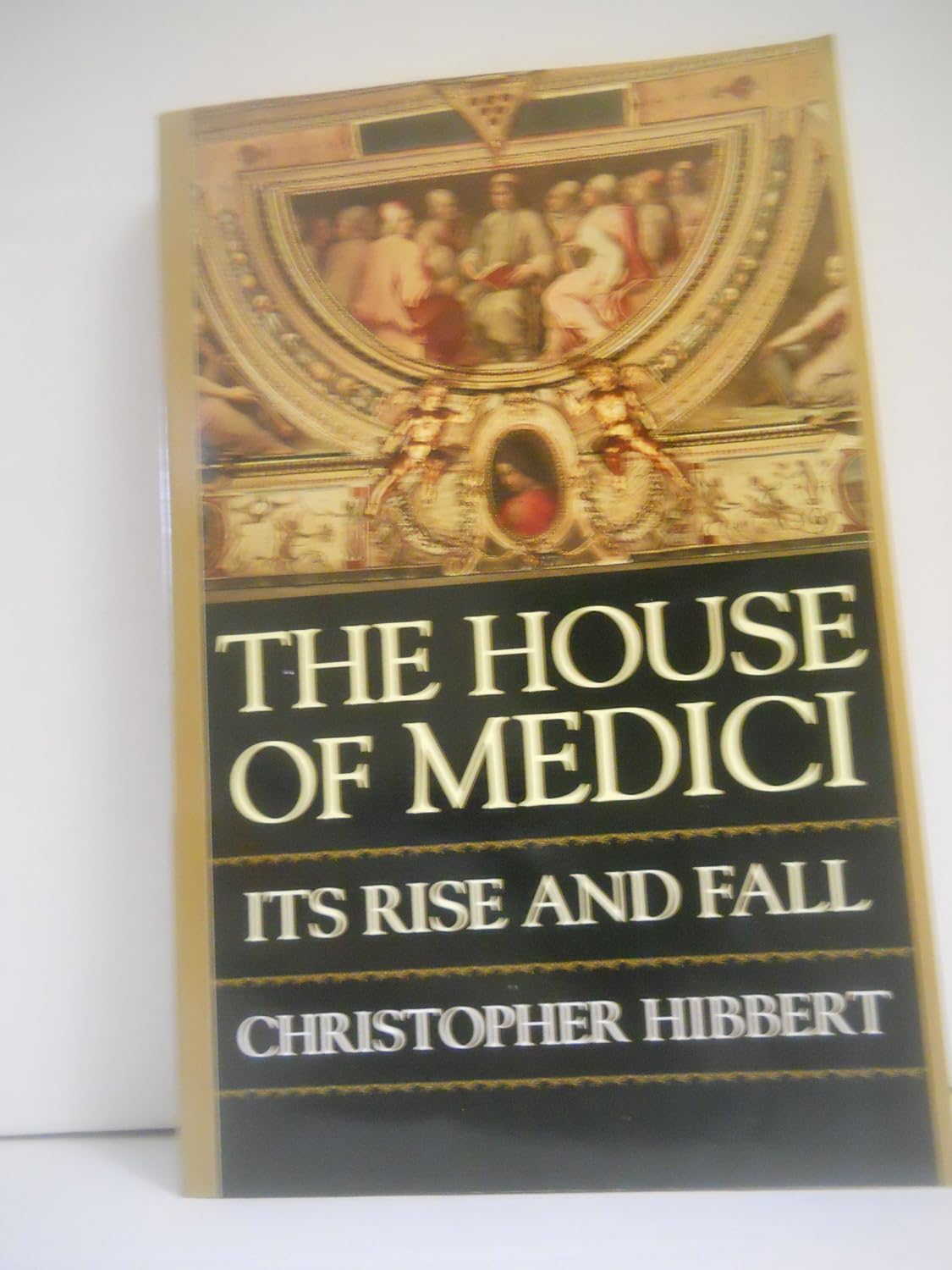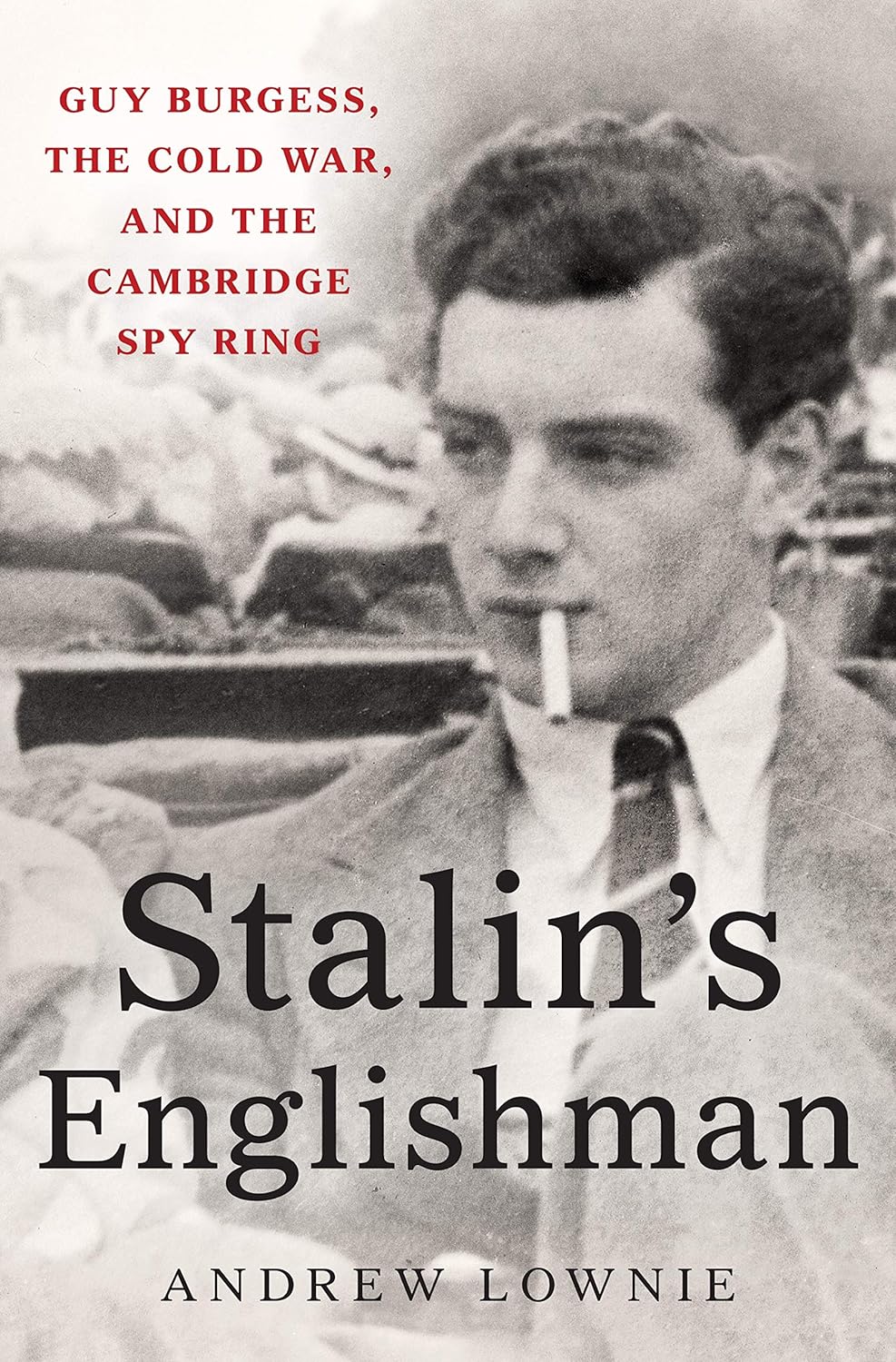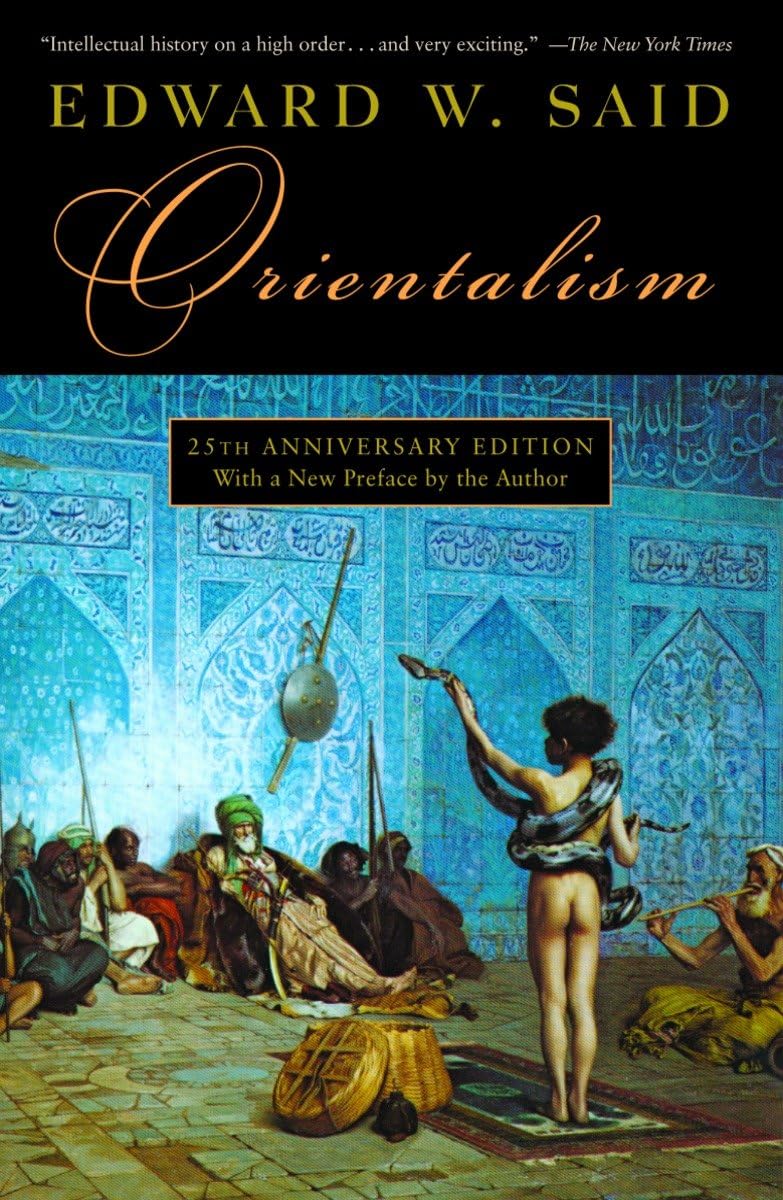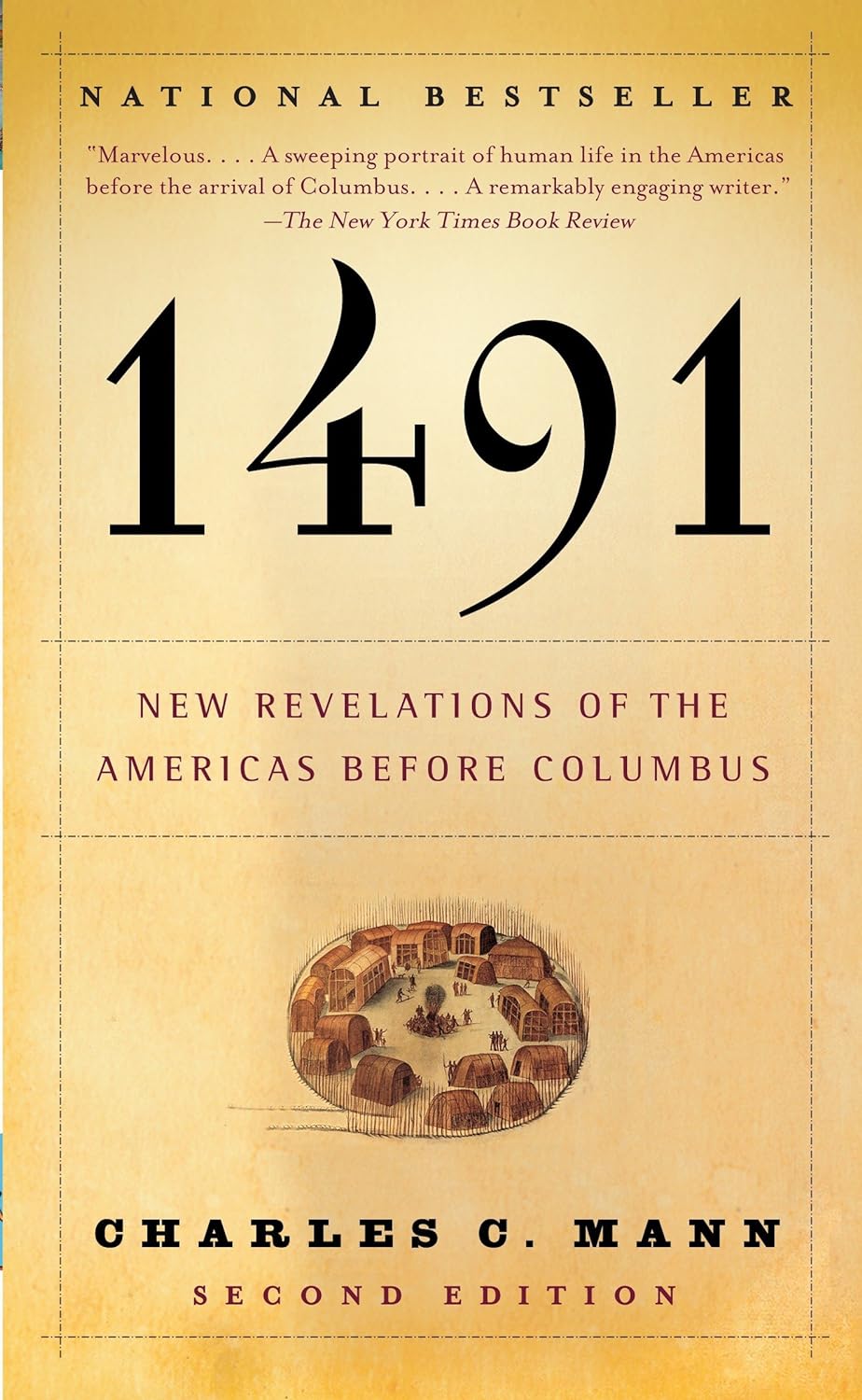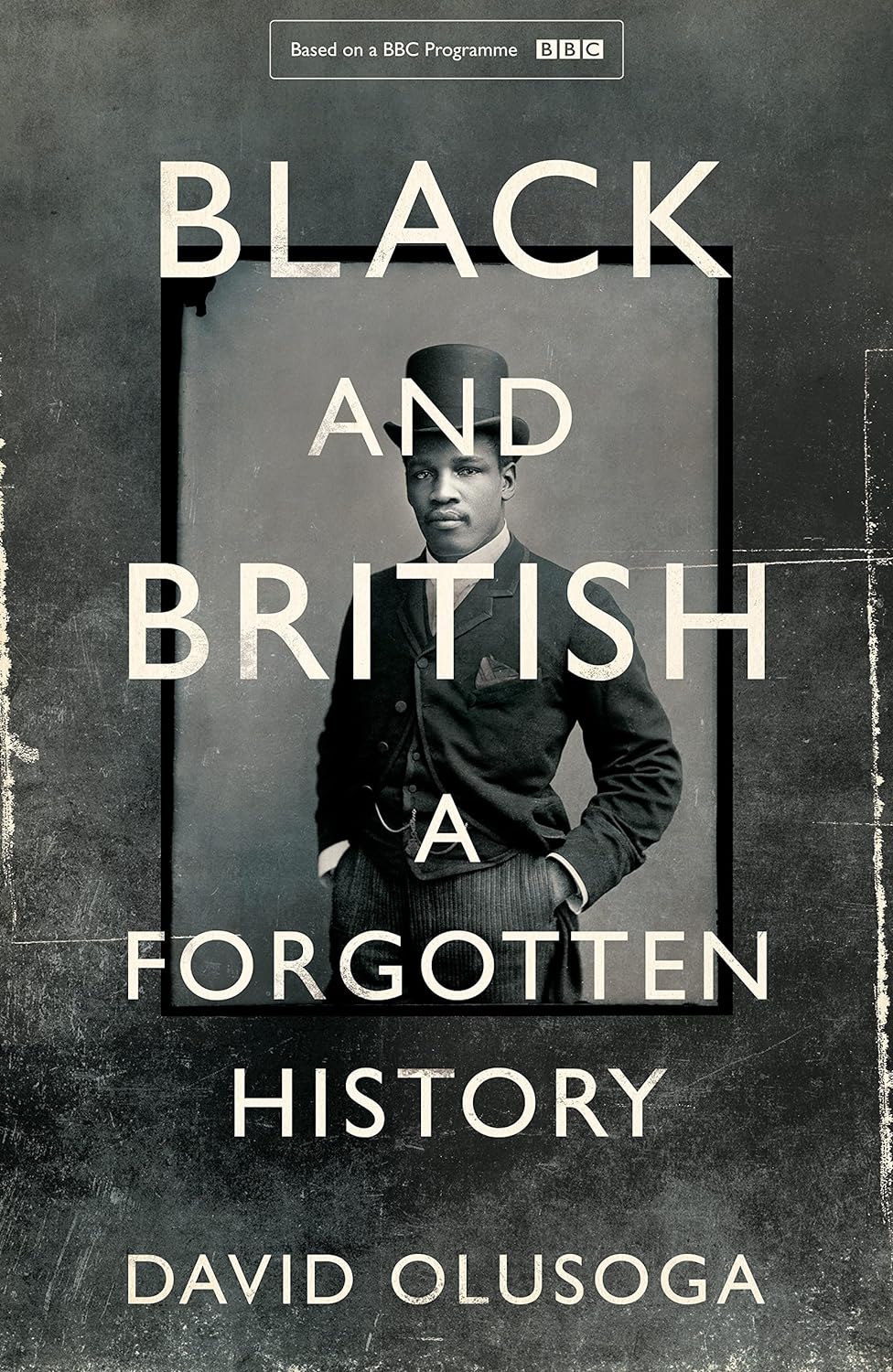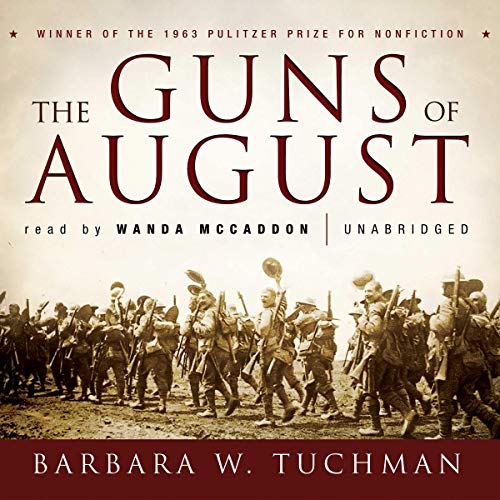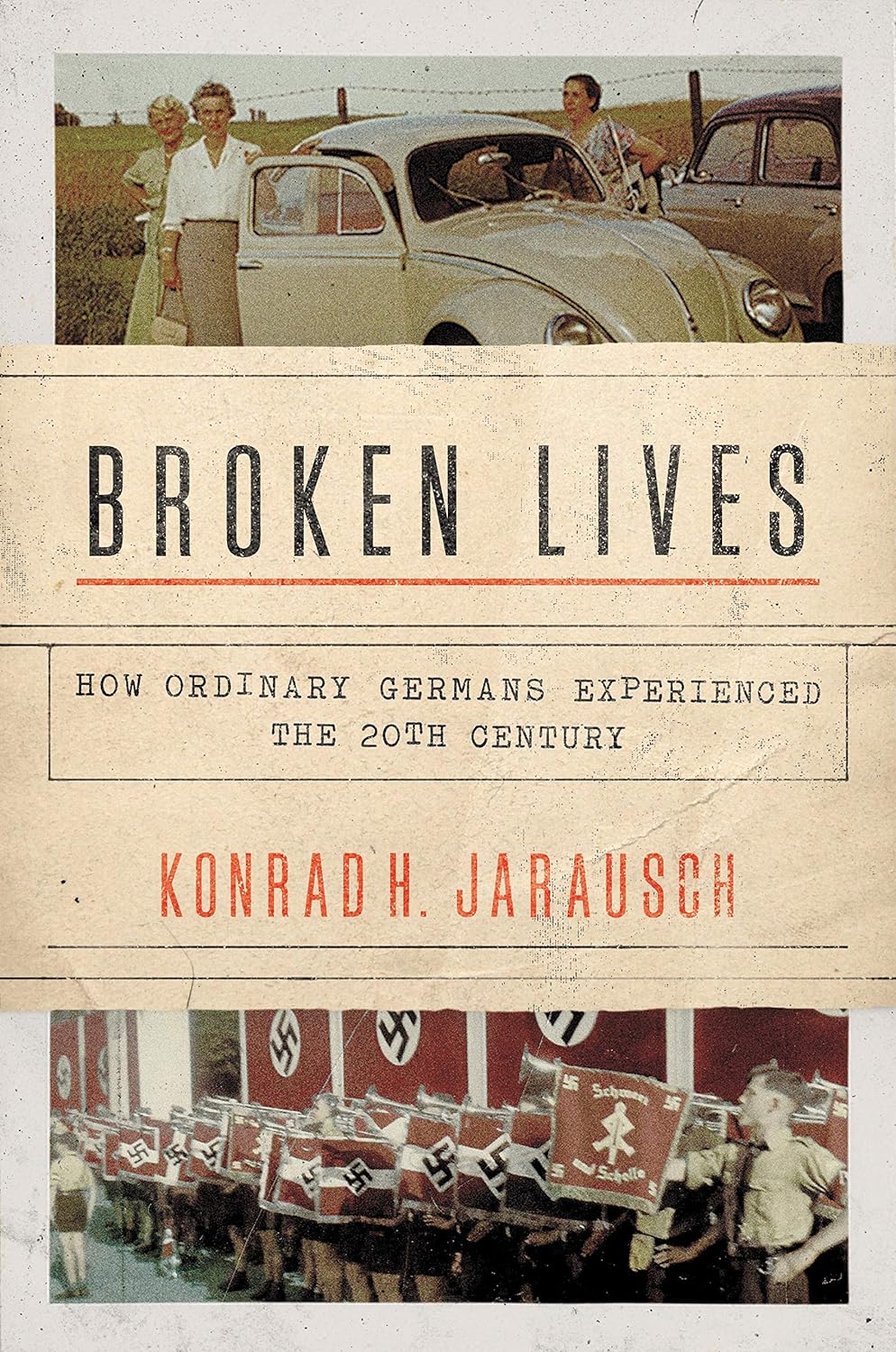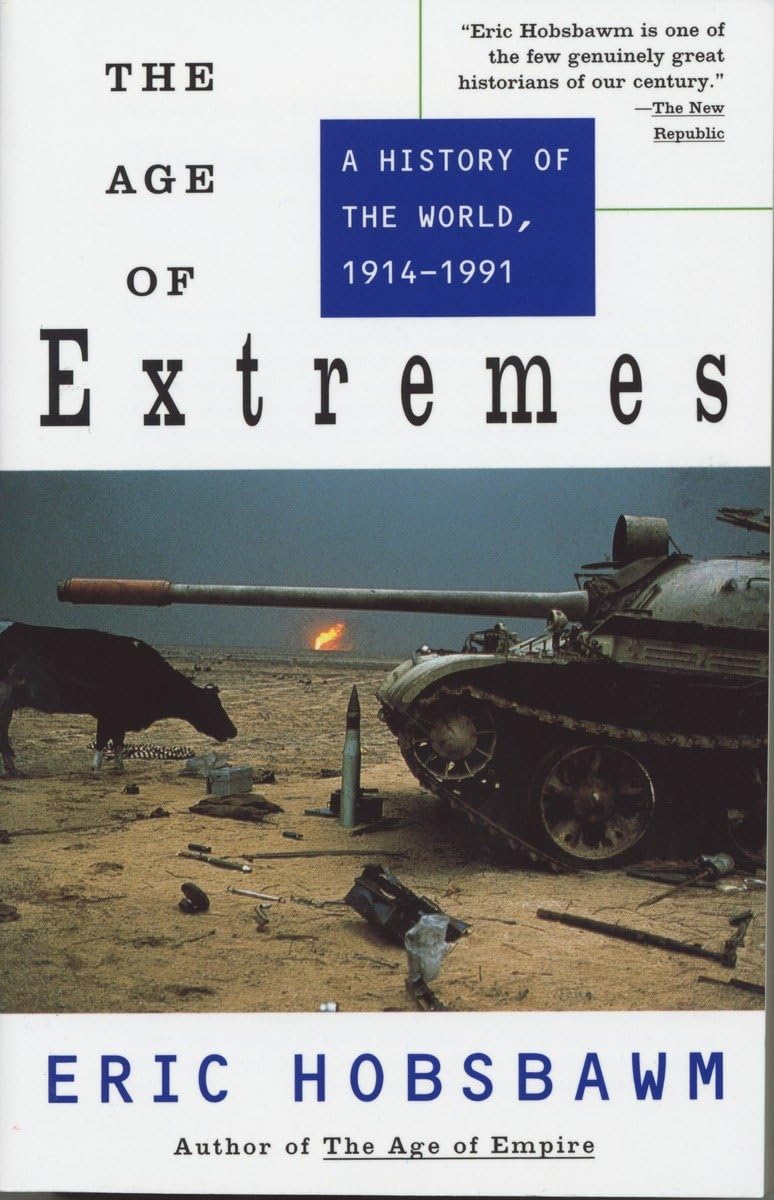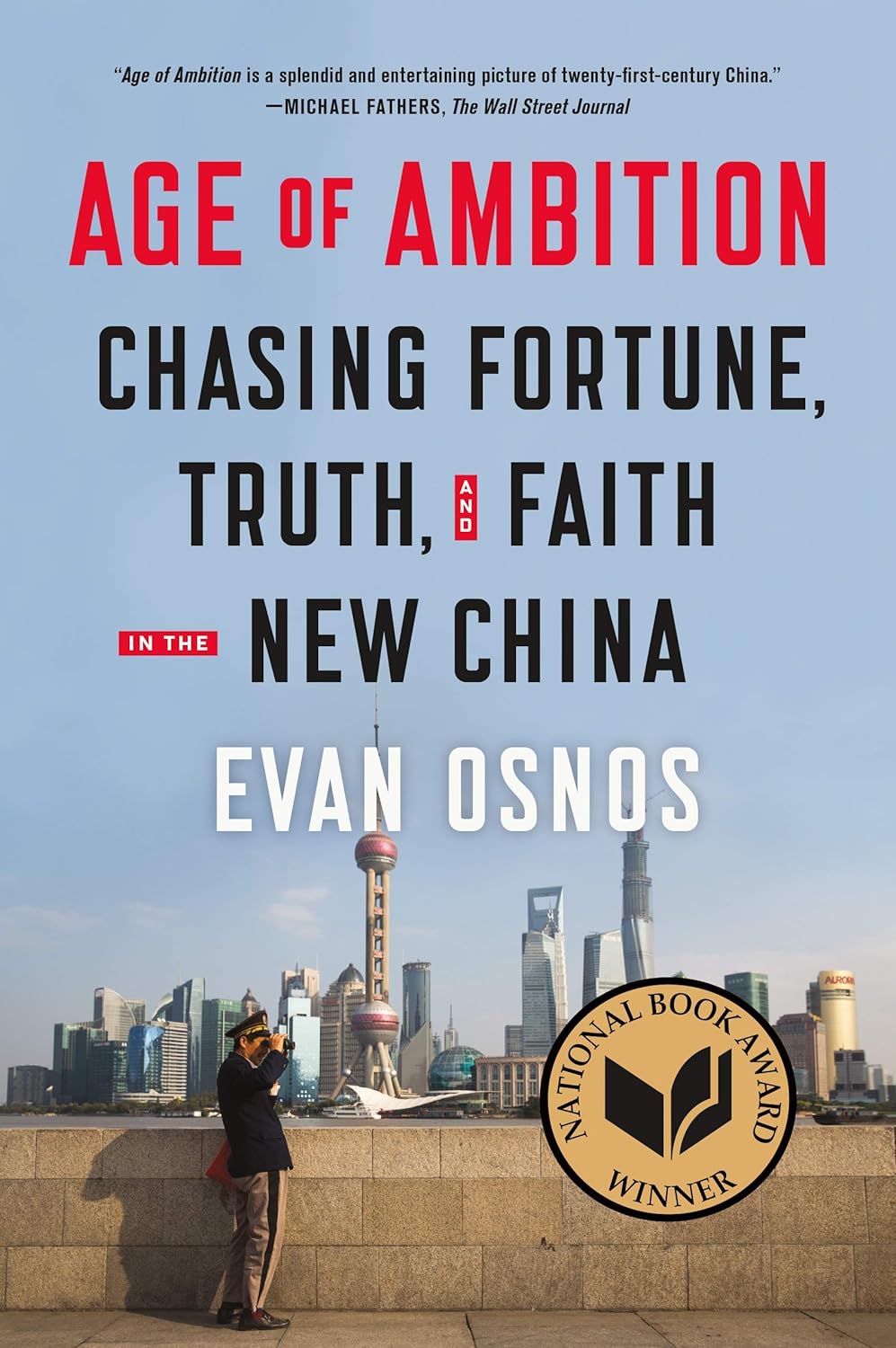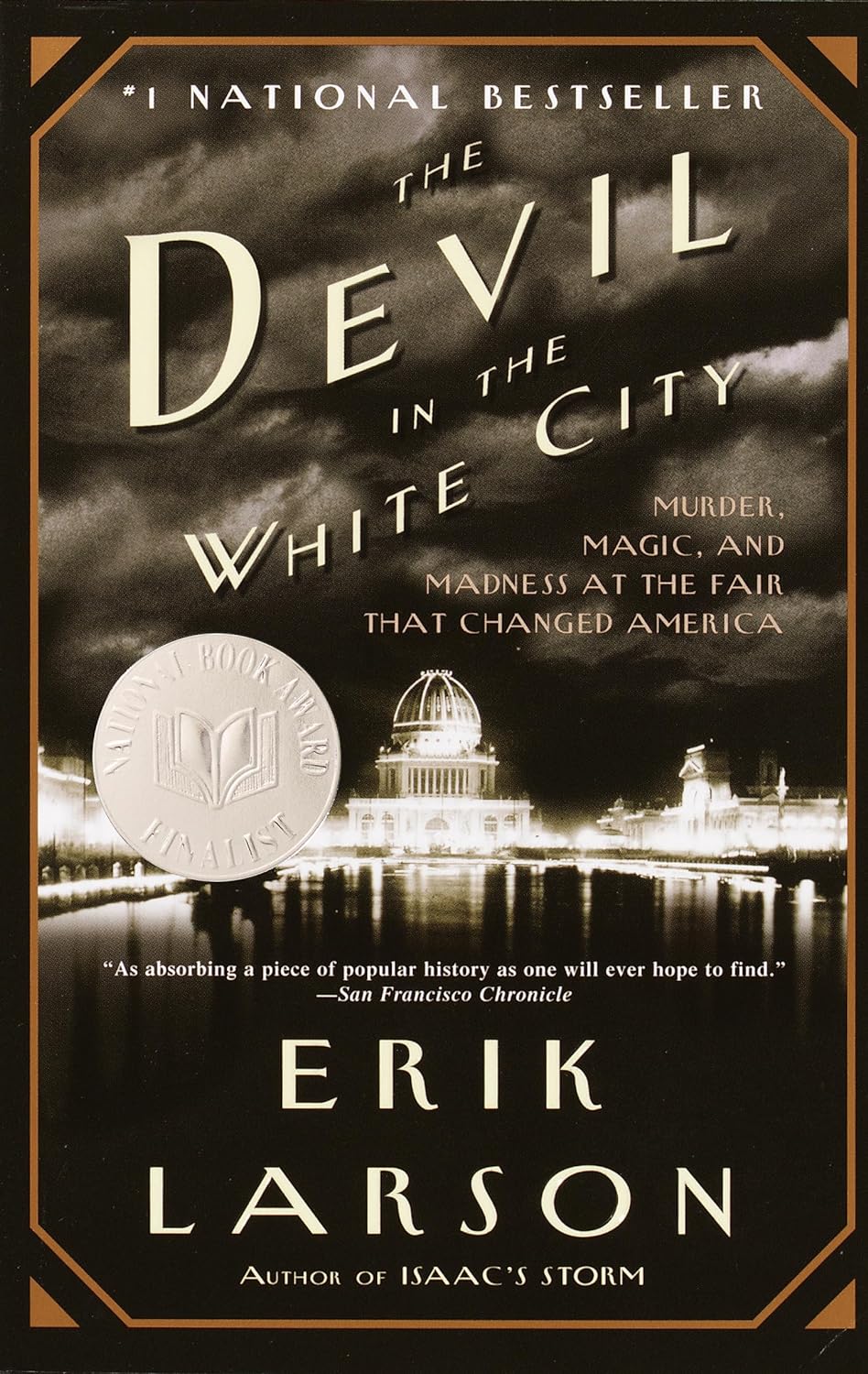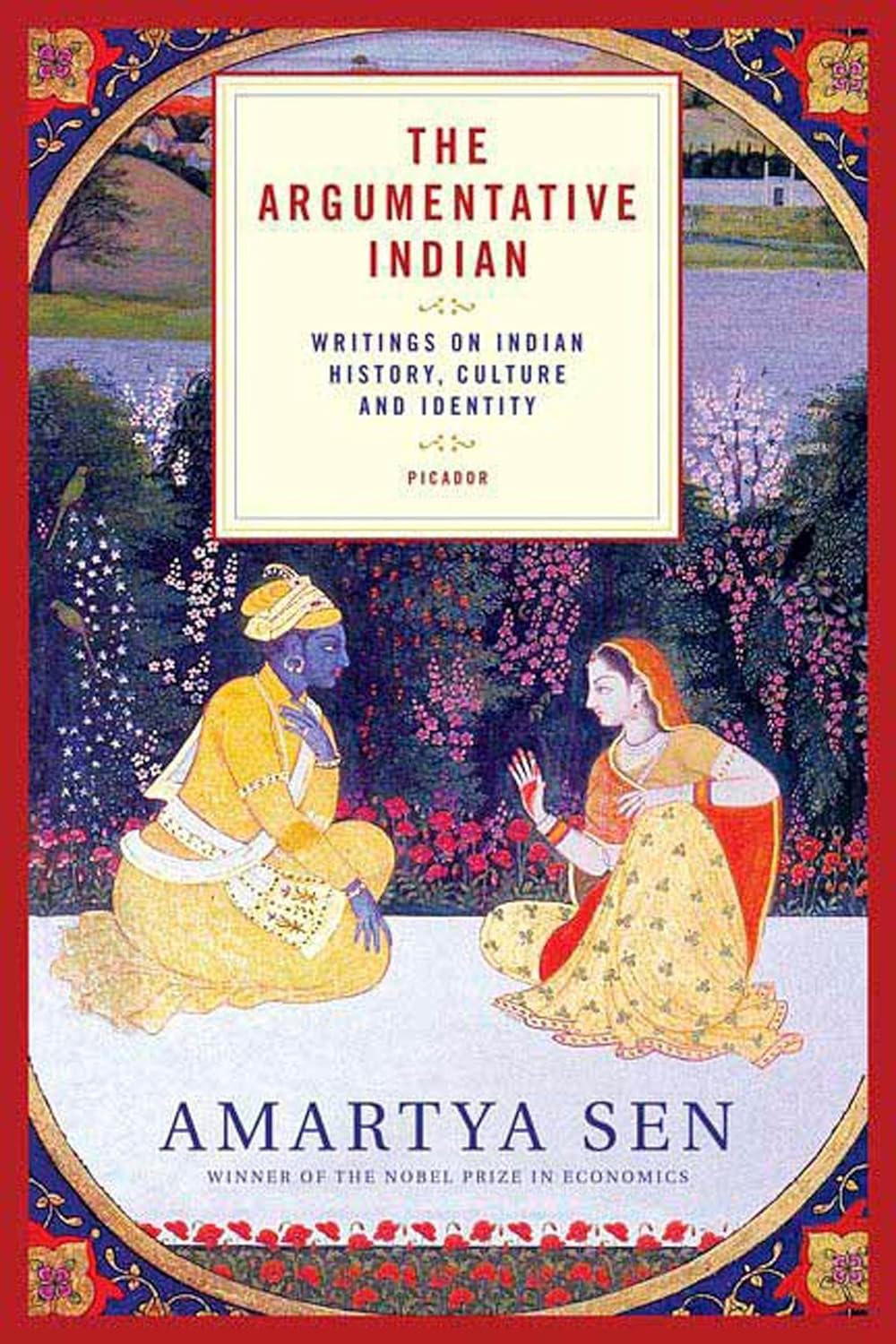Looking for the best history books of all time? Look no further than Discovery, the new community for book lovers. With recommendations from real people, not robots, you can trust that these books are well-researched, entertaining, and readable.
This list includes some of the most preeminent historians of today and generations past, covering topics spanning slavery and empire, Civil War, and Indigenous histories, as well as stories ranging from Asia to Africa and everywhere in between. Whether you’re a history buff or just looking for a good read, there’s something for everyone on this list of the 45 best history books of all time.
1. Democracy: A Life by Paul Cartledge
Paul Cartledge’s book, Democracy: A Life, is a biography of the political system that has been a subject of debate since its inception in Ancient Athens. The book provides an in-depth analysis of the social, cultural, and political dimensions of democracy, showcasing Cartledge’s mastery of scholarship.
The author’s presentation of democracy is not limited to its application in governance but extends to its definition and practice. Democracy: A Life is a must-read for those seeking to understand democracy beyond its traditional definition as a means of governing a liberal society. Cartledge’s work is based on a course of lectures he taught at Cambridge University, which lends credibility to his analysis.
2. Lies My Teacher Told Me by James W. Loewen
In his book, Lies My Teacher Told Me, James W. Loewen delves into the biased nature of the US school curriculum. He highlights how the government has a tendency to rewrite history textbooks to portray White settlers as heroes while ignoring the grizzly, harrowing details and episodes that made the USA the country it is today.
Loewen focuses on the American Civil War, Native Americans, and the Atlantic Slave Trade to interrogate and override simplistic, recountings of these events that portray everybody else as uncivilized and barbarous. This book is essential reading for anyone who wants to challenge their own preconceptions about American history and challenge the elevated status of American ‘heroes’.
3. The Communist Manifesto by Karl Marx
In his seminal work, The Communist Manifesto, Karl Marx argues that throughout history, economic structures have been defined by class relations. He posits that the struggles between the proletariat working-class and the capital-owning bourgeoisie have been the driving force behind various revolutions throughout history. Marx famously opined that “history repeats itself, first as tragedy, second as farce,” and he lays out these repetitions with striking clarity in the manifesto.
Originally intended as a pamphlet, the manifesto comes in at under 100 pages, making it accessible to readers who want to familiarize themselves with one of modern history’s greatest thinkers. The text is divided into four sections, in which Marx discusses the historical development of capitalism, the relationship between the proletariat and the bourgeoisie, the flaws of capitalism, and the goals of the communist movement.
The Communist Manifesto has been influential in shaping political and economic thought, and its ideas continue to be debated and discussed to this day.
4. Destiny Disrupted: A History of the World Through Islamic Eyes by Tamim Ansary
Tamim Ansary’s book, Destiny Disrupted, offers a unique perspective on world history by presenting it through Islamic eyes. The book challenges the dominant Western narrative of history by providing an alternative viewpoint. Ansary begins with the time of Mohammed and explores the various empires that have ruled the Middle East and beyond.
The book also discusses contemporary conflicts and the status of Islam in a modern, globalizing world. By focusing on Islamic history, Ansary provides a more nuanced understanding of the world and challenges preconceived notions about Western dominance, colonialism, and Islamic culture.
5. What Is History? by Edward Hallett Carr
Edward Hallett Carr’s book, “What Is History?”, is a seminal work in the field of historiography. Carr challenges the traditional view of history as a collection of objective facts, arguing that history is a subjective interpretation of those facts.
He argues that historians cannot be completely objective and that their interpretations are influenced by their own biases and perspectives. Carr also critiques the idea that history is a science, arguing that history deals with human experience and cannot be studied in the same way as natural sciences.
Carr’s work has had a profound impact on the field of history, and has led to a rethinking of the way history is studied and written. His ideas have influenced many historians, and his work remains a foundational text for the discipline. By questioning the assumptions and biases of historians, Carr has helped to create a more nuanced and complex understanding of the past.
6. Guns, Germs, and Steel: The Fates of Human Societies by Jared Diamond
Jared Diamond’s book, Guns, Germs, and Steel, explores the reasons behind the success and failure of human societies. Diamond argues that guns, germs, and steel are the three key factors that determine the development of a society.
According to Diamond, societies that had access to these three things were more likely to thrive, while those that did not were more likely to fail. Although Diamond’s thesis has been the subject of much debate, his book remains a popular read among politics and history majors. The book offers a unique perspective on the factors that contribute to the success or failure of human societies.
7. Salt: A World History by Mark Kurlansky
In “Salt: A World History,” Mark Kurlansky explores the significant role that salt has played in the development of civilizations throughout history. Salt was a valuable commodity, used as a medium of exchange in ancient times and as a preservative to store essential food throughout the winter. Its importance led to the establishment of settlements near natural sources of salt, which contributed to the growth of early societies.
The book delves into the fascinating history of salt, from its use in religious rituals to its role in the American Revolution. Kurlansky’s narrative is engaging and informative, providing readers with a unique perspective on the impact of a seemingly ordinary substance on the world.
8. The Sea and Civilization: A Maritime History of the World by Lincoln Paine
In his book, “The Sea and Civilization: A Maritime History of the World,” Lincoln Paine explores the role of the ocean in the development of societies. He highlights how various civilizations have used the sea as a means of transportation, trade, and expansion.
From the early Mesopotamians to the shipbuilding techniques of East Asia, Paine provides a comprehensive overview of the importance of maritime history in shaping the world we live in today. This book is a must-read for anyone interested in the history of civilizations and the role of the sea in their development.
9. Fifth Sun: A New History of the Aztecs by Camilla Townsend
Camilla Townsend’s Fifth Sun offers a fresh perspective on the Aztec civilization. The author challenges the stereotyped, whitewashed versions of events often recounted by Spanish historians and presents a history of the Aztecs solely using sources and documents written by the Aztec people themselves in their native Nahuatl language.
By doing so, Townsend provides an empathetic and invigorating interpretation of Aztec history. The book is an excellent resource for both newbies and long-time enthusiasts of Aztec history. Townsend’s approach offers a more accurate and authentic representation of the Aztecs’ remarkable innovation and progressiveness, which has often been overlooked by Western historians.
10. Appeasement: Chamberlain, Hitler, Churchill, and the Road to War by Tim Bouverie
In the 1930s, the Allies pursued a policy of appeasement towards Hitler’s aggressive nationalism and blatant antisemitism. Tim Bouverie’s book, “Appeasement: Chamberlain, Hitler, Churchill, and the Road to War,” explores the reasoning behind this policy and how it ultimately led to World War II. The book argues that the Allies’ assumption that giving Hitler what he wanted would prevent another large-scale war was tragically misguided.
Bouverie’s work serves as a valuable reminder that the events of the past were not predetermined and could have gone in countless directions. It also highlights the importance of learning from history to inform future decisions.
The book is informative, clear, and neutral in its presentation of the facts. Through the use of tables, bullet points, and bold text, Bouverie effectively conveys the complex historical events in an accessible manner.
11. The History of the Ancient World: From the Earliest Accounts to the Fall of Rome by Susan Wise Bauer
Susan Wise Bauer’s “The History of the Ancient World” is a comprehensive account of the ancient world, spanning from the earliest accounts to the fall of Rome. Bauer’s ambition was to connect the tales of rulers to the everyday lives of those they ruled, creating an engrossing tapestry of events that spanned continents and eras, from the East to the Americas.
The book offers a vivid and eloquently explained model to reveal how the ancient world shaped, and was shaped by, its peoples. Overall, Bauer’s work is a valuable contribution to the study of ancient history.
12. Precolonial Black Africa by Cheikh Anta Diop
In his book Precolonial Black Africa, Cheikh Anta Diop challenges the Eurocentric view of African civilizations as primitive and uncivilized. Diop argues that Africa played a significant role in the development of human civilization, and that its contributions have been overlooked and undervalued.
Through detailed analysis and comparison, Diop highlights the achievements of precolonial African societies and their complex systems of governance, trade, and culture. This book is a valuable resource for anyone seeking to understand the rich and diverse history of Africa and its impact on the world.
13. The Plantagenets: The Warrior Kings and Queens Who Made England by Dan Jones
The Plantagenets were a royal dynasty that ruled England from the 12th to the 15th century. This era was marked by political turmoil, internal conflicts, and power struggles among the Plantagenet monarchs.
Dan Jones’s book, The Plantagenets, provides a witty and engaging account of this tumultuous period in English history. Jones’s storytelling skills and charm make the book read like a novel rather than a nonfiction work.
Through his writing, he offers a fresh perspective on the Plantagenet dynasty and its impact on English history. Overall, The Plantagenets is a must-read for anyone interested in Medieval English history and the rise of the British monarchy.
14. When Women Ruled the World: Six Queens of Egypt by Kara Cooney
Cooney’s When Women Ruled The World sheds light on the powerful women who ruled Ancient Egypt. The book highlights the accomplishments of six queens, including Hatshepsut, Nefertiti, and Cleopatra, who were military leaders, conquerors of new lands, and innovators of economic systems.
Cooney delves into the complex personalities of these women and examines why they have been overlooked in historical narratives. The book challenges the traditional portrayal of women as inferior and powerless in ancient societies. Through captivating storytelling, Cooney brings to life the achievements of these remarkable women and their impact on Egyptian history.
15. Ten Days That Shook The World by John Reed
Ten Days That Shook The World is a political memoir written by John Reed, a socialist and a newspaper correspondent who witnessed the October Revolution in St Petersburg, Russia. Published in 1919, the book provides a unique perspective on the revolution from both an insider and an outsider.
Reed was in close contact with the innermost circle of the Bolsheviks, including Lenin and Trotsky, which allowed him to provide a firsthand account of the events. Although Reed’s account may lack impartiality due to his political views, the book is still a valuable insight into one of the most important moments in modern history.
The book is a thrilling read for anyone interested in firsthand accounts of historical moments. Reed’s writing style is engaging and provides a clear and knowledgeable account of the events that led to the revolution. The book has become a classic and is still widely read today.
16. The Decline and Fall of the Roman Empire, Vol. 1 by Edward Gibbon
Gibbon’s first volume of “The Decline and Fall of the Roman Empire” is a seminal work in the field of ancient history. Despite being published in 1776, the text remains highly respected by historians today. The six-volume work is considered one of the most comprehensive and pre-eminent accounts of the Roman Empire.
In this volume, Gibbon presents his theories on the reasons for the Empire’s decline and fall. He controversially argues that the Roman Empire fell to barbarian attacks due to the decline of “civic virtue” within Roman culture.
Gibbon’s definition of virtue and how it was lost is explored in detail in Volume I. This text is recommended for those who are interested in understanding Gibbon’s thesis and theories on the fall of the Roman Empire.
17. Nothing Ever Dies: Vietnam and the Memory of War by Viet Thanh Nguyen
Viet Thanh Nguyen’s nonfiction book, Nothing Ever Dies, sheds light on the selective and subjective nature of history as we know it. The book addresses the gap in mainstream memory of the Vietnam War, which has often neglected the sufferings of the Vietnamese people. Nguyen, who lived through the tail end of the conflict, offers a perspective that is often swept under the rug.
Through his writing, Nguyen reminds readers that the way we remember history is not only about what we choose to remember, but also about why we choose to remember certain things. He highlights the sinister political motives that can factor into the creation of selective memories.
The book is thought-provoking and challenges readers to reconsider their understanding of the Vietnam War. It is a valuable contribution to the discourse on the war and its aftermath, and a reminder of the importance of acknowledging the experiences of all those affected by it.
18. Genghis Khan and the Emergence of Modern Society by Jack Weatherford
Genghis Khan is a legendary figure in world history, known for his military conquests and the imposing empire he built. However, many people are unaware of the progressive and complex society he created. Jack Weatherford’s book, “Genghis Khan and the Emergence of Modern Society,” delves deep into the life of this enigmatic leader and explores the dimensions of the society and culture he established.
Khan’s empire was more progressive than its European counterparts, as he abolished torture, granted religious freedoms, and deposed feudal systems that subordinated many to a few. Weatherford’s book challenges readers to rethink their understanding of the global past and offers an epic tale of the emergence of modern society. Anyone interested in history, culture, and leadership will find this book an engaging and informative read.
19. Bitter Fruit: The Story of the American Coup in Guatemala by Stephen Schlesinger
The book “Bitter Fruit” by Stephen Schlesinger explores the 1954 coup in Guatemala, which saw the overthrow of President Árbenz. The US played a significant role in the coup, with the United Fruit Company lobbying for intervention.
The coup resulted in the installation of an undemocratic and oppressive government, leading to political unrest and a prolonged civil war. Schlesinger delves into the reasons behind American involvement, highlighting the powerful paranoia that underlay many decisions during the Cold War.
This book sheds light on the complex and often irrational decisions made by the US during the Cold War era. It is a valuable resource for anyone seeking to understand the political and social climate of Guatemala during this time and the impact of American intervention on the country.
20. A Short History of Nearly Everything by Bill Bryson
Bill Bryson is a renowned travel writer, but his book “A Short History of Nearly Everything” delves into the scientific discoveries that have shaped human society. From quantum theory to mass extinction, Bryson’s book provides a comprehensive overview of the unplanned, miraculous and often ill-fated marvels of human achievement.
With his signature humor and insight, Bryson takes the reader on a journey through the history of science, highlighting the most important discoveries and the scientists behind them. This book is a must-read for anyone interested in the history of science and the impact it has had on our world.
21. The Crusades: The Authoritative History of the War for the Holy Land by Thomas Asbridge
Thomas Asbridge’s “The Crusades: The Authoritative History of the War for the Holy Land” provides a comprehensive and balanced account of the Crusades. Asbridge’s approach is unique in that he offers insights into the perspectives of both the Christian and Muslim experiences during the Holy Wars. The book is a rich and detailed scholarly work that explores the impact of the Crusades on the Medieval world and its continued impact on the present day.
The book delves into the 11th-century Christian army that was ordered by the Pope to march across Europe with the aim of seizing Jerusalem, which was considered the holy seat of Christianity. However, Jerusalem was also a land strongly associated with the Prophets of Islam, leading to the Crusaders’ rampage through the Muslim world and devastating many parts of the Eastern Mediterranean.
Asbridge’s innovative recounting of this momentous event offers a fresh perspective on the Crusades and their impact on the world. The book is an authoritative and insightful work that sheds light on the complex history of the Holy Wars.
22. The House of Medici: Its Rise and Fall by Christopher Hibbert
The House of Medici was a powerful banking dynasty that rose to prominence in Renaissance Florence during the 15th century. Cosimo de Medici, an enterprising member of the family, played a pivotal role in the family’s rise to power.
The family dominated a city where various mercantile families vied for political and social influence, often resorting to violence. Christopher Hibbert chronicles the impressive rise of the Medici family and their influence on the city. However, as with every great period, the rise of the Medicis naturally involves a spectacular fall.
The family’s decline was marked by internal conflicts, political intrigues, and financial troubles. Despite their fall from grace, the House of Medici remains an important part of Florence’s history and is a testament to the corrupting influence of money and power.
23. Stalin’s Englishman: Guy Burgess, the Cold War, and the Cambridge Spy Ring by Andrew Lownie
Stalin’s Englishman by Andrew Lownie is a biography of Guy Burgess, an English-born spy who worked for the Soviet Union from the 1930s onwards. Burgess’s privileged background, attending prestigious schools such as Eton and Cambridge, and working for the BBC and MI6, made him the perfect candidate for espionage.
Lownie’s book is based on oral evidence and provides an exciting narrative of Burgess’s life as a spy. The book also sheds light on the Cambridge Spy Ring, a group of British spies who passed information to the Soviet Union during the Cold War. Stalin’s Englishman is a must-read for anyone interested in the history of espionage during the Cold War.
24. Orientalism by Edward W. Said
In his book Orientalism, Edward W. Said identifies and critiques the Western world’s tendency to depict the East in a reductive and derogatory manner. The book is a framework for understanding the global power dynamics between the East and the West. Although it is often considered a challenging read, it is a valuable resource for those interested in global history.
The concept of Orientalism has had a significant impact on the study of the Middle East, and its influence can be seen in fields such as literature, art, and politics. By shedding light on the problematic nature of Western portrayals of the East, Said’s work encourages readers to think critically about the narratives they encounter.
25. 1491: New Revelations of the Americas Before Columbus by Charles C. Mann
Charles C. Mann’s book, 1491, challenges the traditional narrative that the Americas were a barren wasteland before the arrival of European explorers in the 15th century. The book highlights the existence of complex social and cultural structures that existed prior to the arrival of Europeans.
It sheds light on the sophisticated societies and infrastructures of Southern American peoples, which have been largely ignored by mainstream history. Mann’s research provides exciting new information on civilizations that have more to teach us than we have previously acknowledged.
Some of the key revelations in 1491 include the fact that the Aztecs had a system of writing, and that the Incas had an advanced road network. The book also highlights the advanced agricultural practices of the native peoples, which included the use of complex irrigation systems and the cultivation of crops such as maize and potatoes. Overall, 1491 offers a new perspective on the history of the Americas, and challenges readers to reevaluate their understanding of the region’s past.
26. Black and British: A Forgotten History by David Olusoga
David Olusoga’s book, “Black and British: A Forgotten History,” offers a fresh perspective on British history by highlighting the significant contributions of Black people to the nation’s development.
The book is a companion piece to the docuseries of the same name and provides a comprehensive overview of the complexities of Black Britishness in the UK. Olusoga challenges the common understanding of British history as being solely focused on seaborne conquests and longstanding monarchies by shedding light on the lives of servants, slaves, and immigrants who have been historically overlooked.
The book is an eye-opening read for anyone interested in British history and provides a nuanced understanding of the integral role that Black people have played in shaping the nation’s past and present. Through his meticulous research and clear writing style, Olusoga makes a compelling case for the importance of acknowledging and celebrating the contributions of Black people to British history.
27. The Guns of August by Barbara W. Tuchman
Barbara Tuchman’s The Guns of August is a Pulitzer Prize-winning book that delves into the origins of World War I. Tuchman meticulously examines the alliances and military plans of each country, highlighting the fragility of the situation before the declarations and the first battles on various fronts.
Despite the book’s militaristic theme, Tuchman’s storytelling is captivating and engrossing. As the granddaughter of the American ambassador to the Ottoman Empire, Tuchman was present in Constantinople as the war began, adding gravity to her work.
In The Guns of August, Tuchman uses her expertise to provide a detailed account of the events leading up to the outbreak of war. Through her writing, readers gain insight into the political and military strategies of the time. Tuchman’s work is an essential read for anyone interested in the history of World War I.
28. Broken Lives: How Ordinary Germans Experienced the 20th Century by Konrad H. Jarausch
In “Broken Lives: How Ordinary Germans Experienced the 20th Century,” Konrad Jarausch compiles stories from over 60 individuals who lived through the tumultuous transformations of Germany in the 20th century.
From the country’s rise as a European imperial power to its economic struggles, the rise of Nazism and the Holocaust, and the Cold War partition, Jarausch presents a down-to-earth picture of how these changes affected everyday life.
The book highlights how historical changes, which may seem inevitable in hindsight, were often unforeseeable for those who lived through them, shaping their individual and collective identities. By collecting these personal accounts, Jarausch provides a unique perspective on Germany’s complex and turbulent history.
29. Age of Extremes: The Short Twentieth Century 1914-1991 by Eric Hobsbawm
Eric Hobsbawm, a Marxist historian, presents a critical account of the 20th century in his book, The Age of Extremes. The book highlights the failures of communism, state socialism, market capitalism, and nationalism. Hobsbawm divides the century into three parts: the Age of Catastrophe, the Golden Age, and the Landslide.
He tracks the struggles of Western powers with world wars, economic failures, and new world orders that resulted in losing colonies and influence. New systems rose to prominence, but all exhibited fundamental faults that made it difficult for them to last.
The Age of Extremes provides an interesting perspective on modern world history. It is not a light-hearted read, but for those interested in harsh social commentary, it is worth reading.
30. Age of Ambition: Chasing Fortune, Truth, and Faith in the New China by Evan Osnos
In his book, Age of Ambition, Evan Osnos offers a unique perspective on the recent transformation of Chinese society. The author draws on his firsthand experiences as a journalist in China to examine the changing aspirations and ambitions of the Chinese people.
Osnos discusses how the economic reforms of the 1980s have led to China’s exponential growth and emergence as a global economic power. However, this opening up has also resulted in the loss of control by the Communist Party over the people’s discourses.
The book explores how Chinese citizens are now striving to reach beyond their country’s borders through their studies, work, consumption, and communications. Overall, Age of Ambition offers a fascinating insight into the contemporary history of China and the changing aspirations of its people.
31. The Devil in the White City: Murder, Magic, and Madness at the Fair That Changed America by Erik Larson
Erik Larson’s The Devil in the White City is a novel-style history book that tells the story of H. H. Holmes, one of the first modern serial killers. Holmes was convicted of one murder, but it is believed that he may have had up to 27 victims.
The book is set against the backdrop of the 1893 World’s Columbian Exposition in Chicago, where Holmes lured many of his victims to the World’s Fair Hotel that he owned. The book is written from the point of view of the designers who contributed to the fair, and it reads like a suspenseful mystery novel.
It also provides insight into the excitement and uncertainty of the early stages of urbanization. The Devil in the White City is an intriguing blend of true crime and historical fiction that is sure to captivate those who enjoy storytelling.
32. The Argumentative Indian: Writings on Indian History, Culture and Identity by Amartya Sen
Amartya Sen’s collection of essays, “The Argumentative Indian,” delves into the history, culture, and identity of the Indian subcontinent. Sen argues that the Indian disposition towards argument and constructive criticism has been a driving force behind the country’s progress.
His essays cover a range of topics, including the nature of Hindu traditions and the economic disparities that exist in certain regions. Sen’s analysis is careful and considered, providing insightful commentary on subjects that other academics often avoid. The collection is an excellent resource for both experts and those new to the topic, offering a fresh perspective on the rich history and culture of India.
Summary
The best history books offer a comprehensive and engaging look at the past. They should be well-researched, well-written, and provide insightful analysis of historical events.
Some of the top history books include “The Guns of August” by Barbara Tuchman, which provides a detailed account of the events leading up to World War I, and “The Making of the Atomic Bomb” by Richard Rhodes, which explores the development of nuclear weapons.
Other notable history books include “A People’s History of the United States” by Howard Zinn and “The Rise and Fall of the Third Reich” by William L. Shirer. These books offer readers a chance to learn about the past and gain a deeper understanding of historical events.
